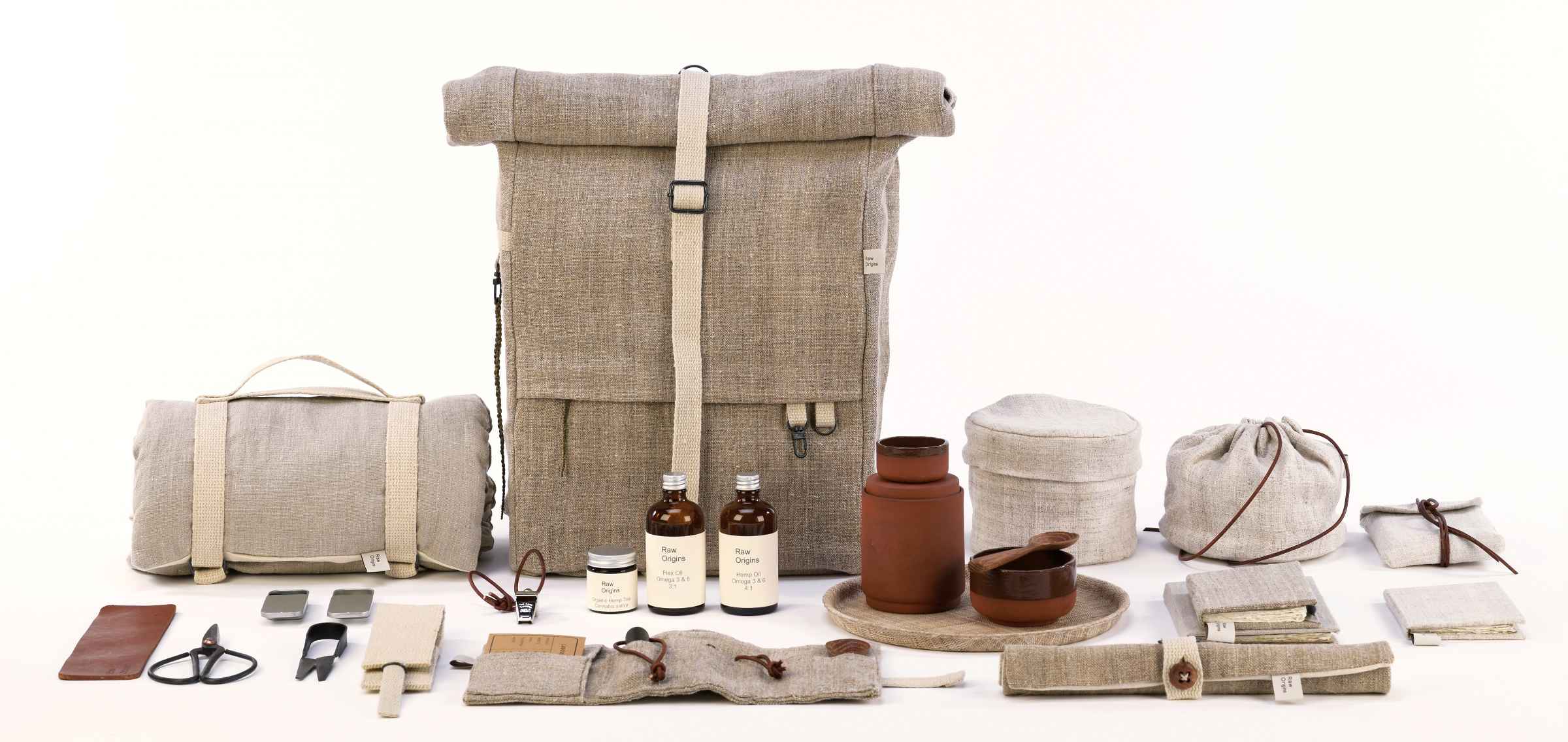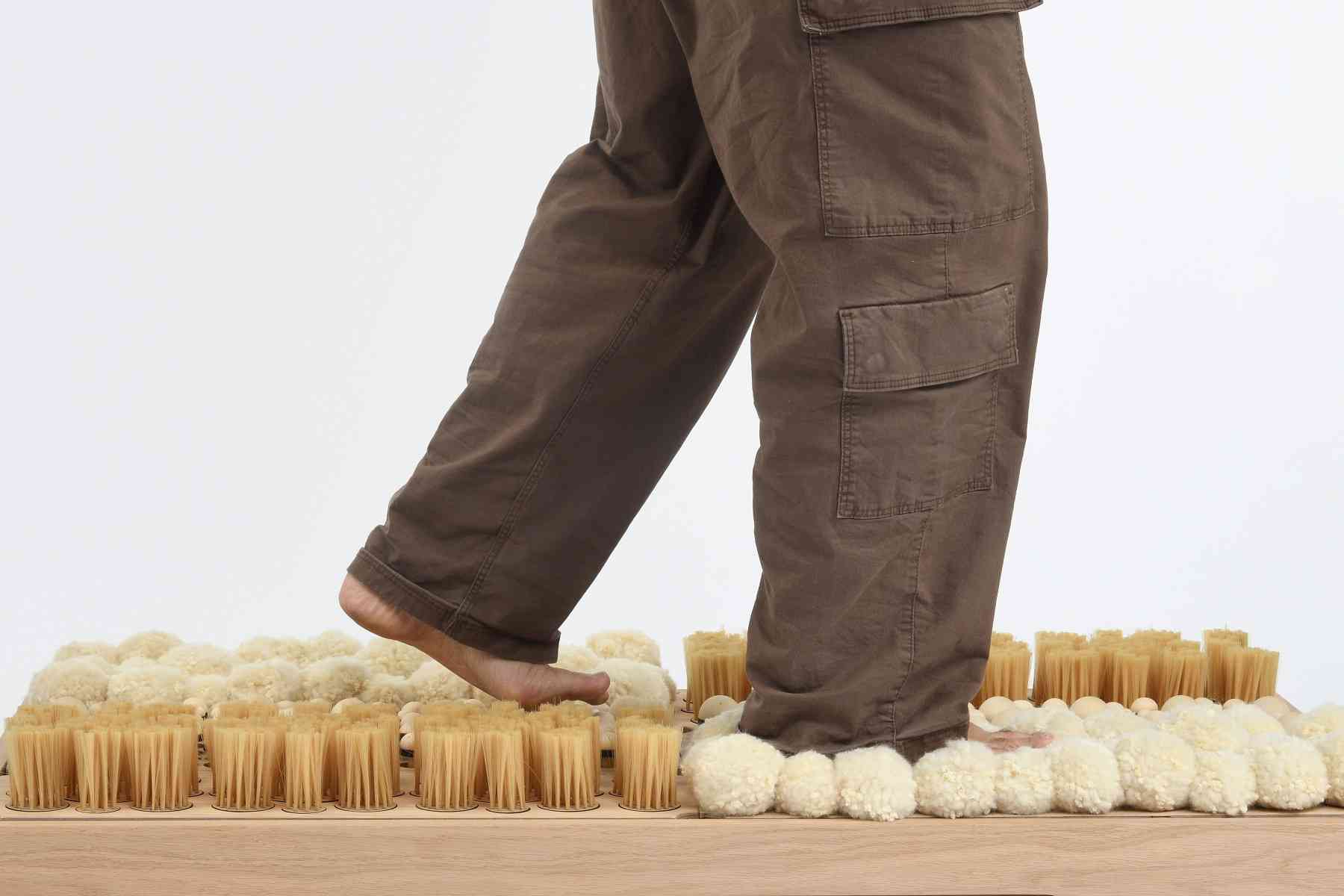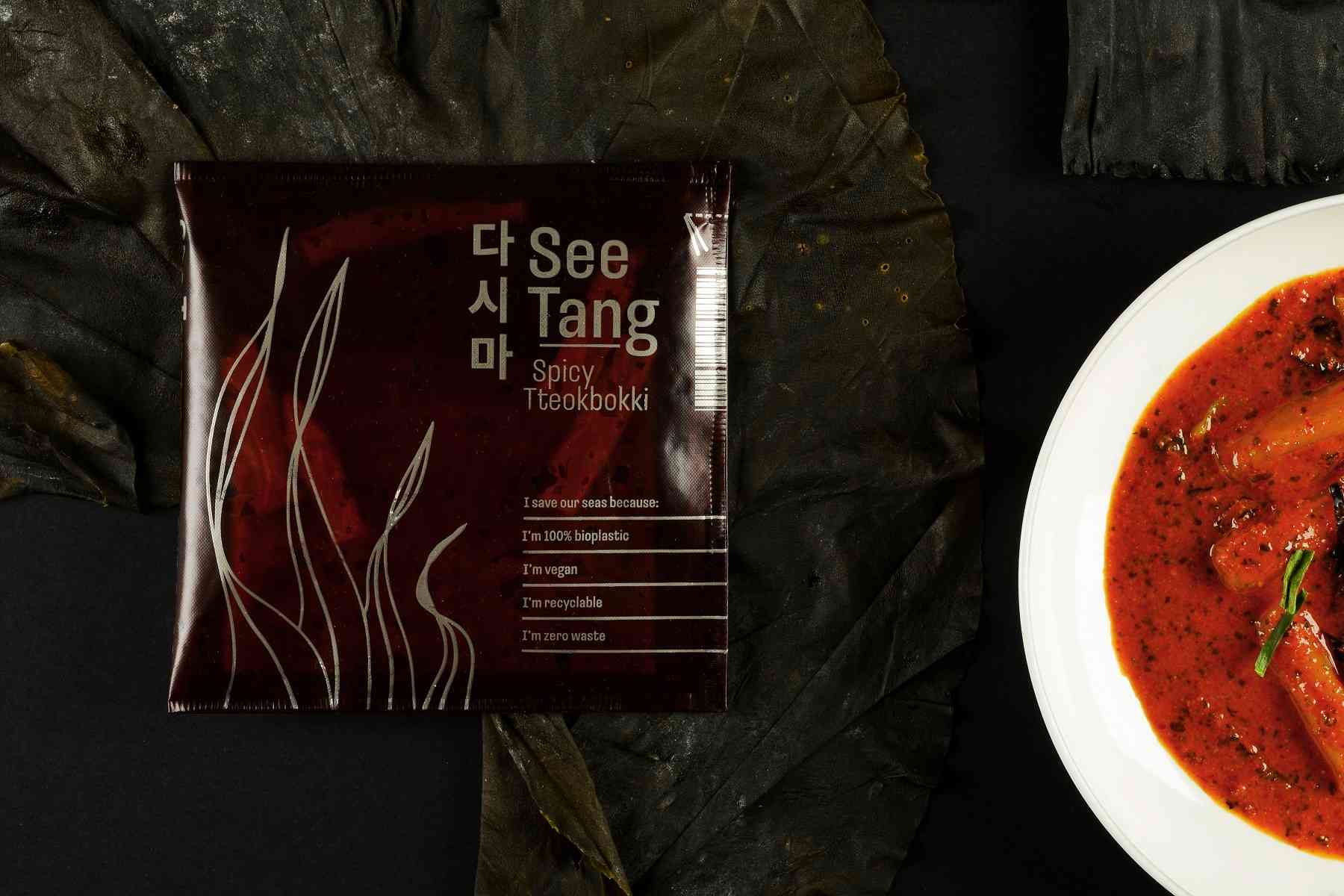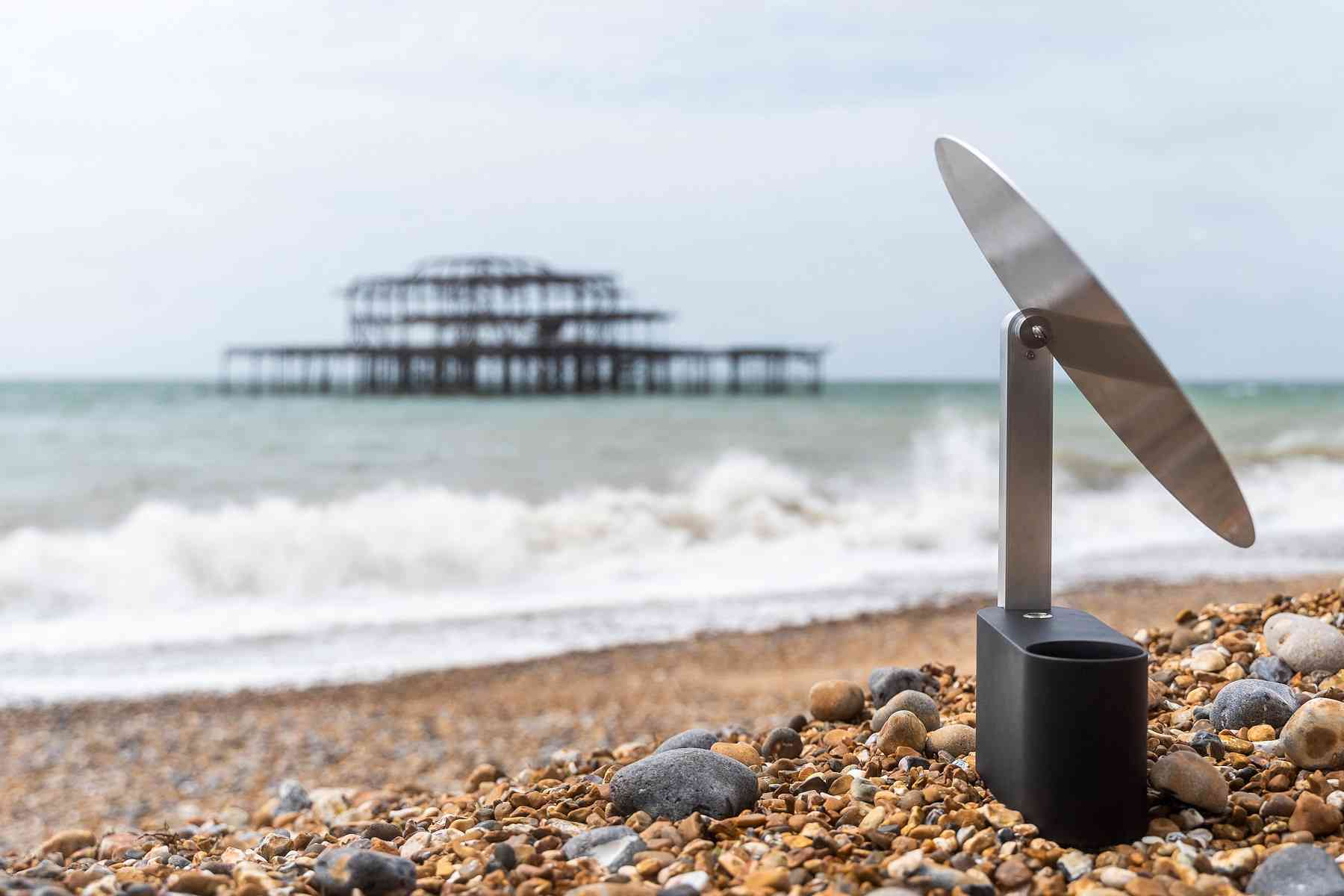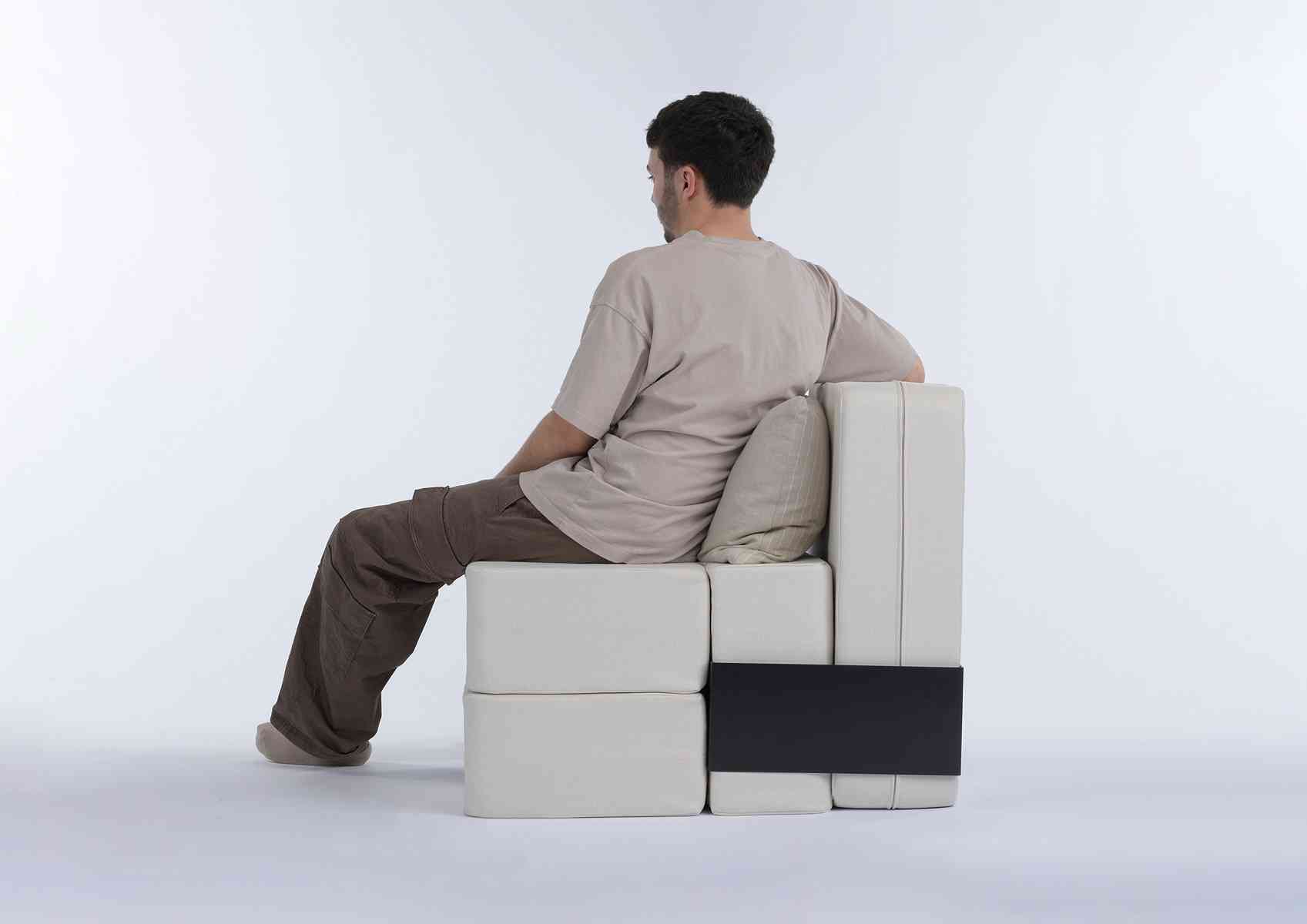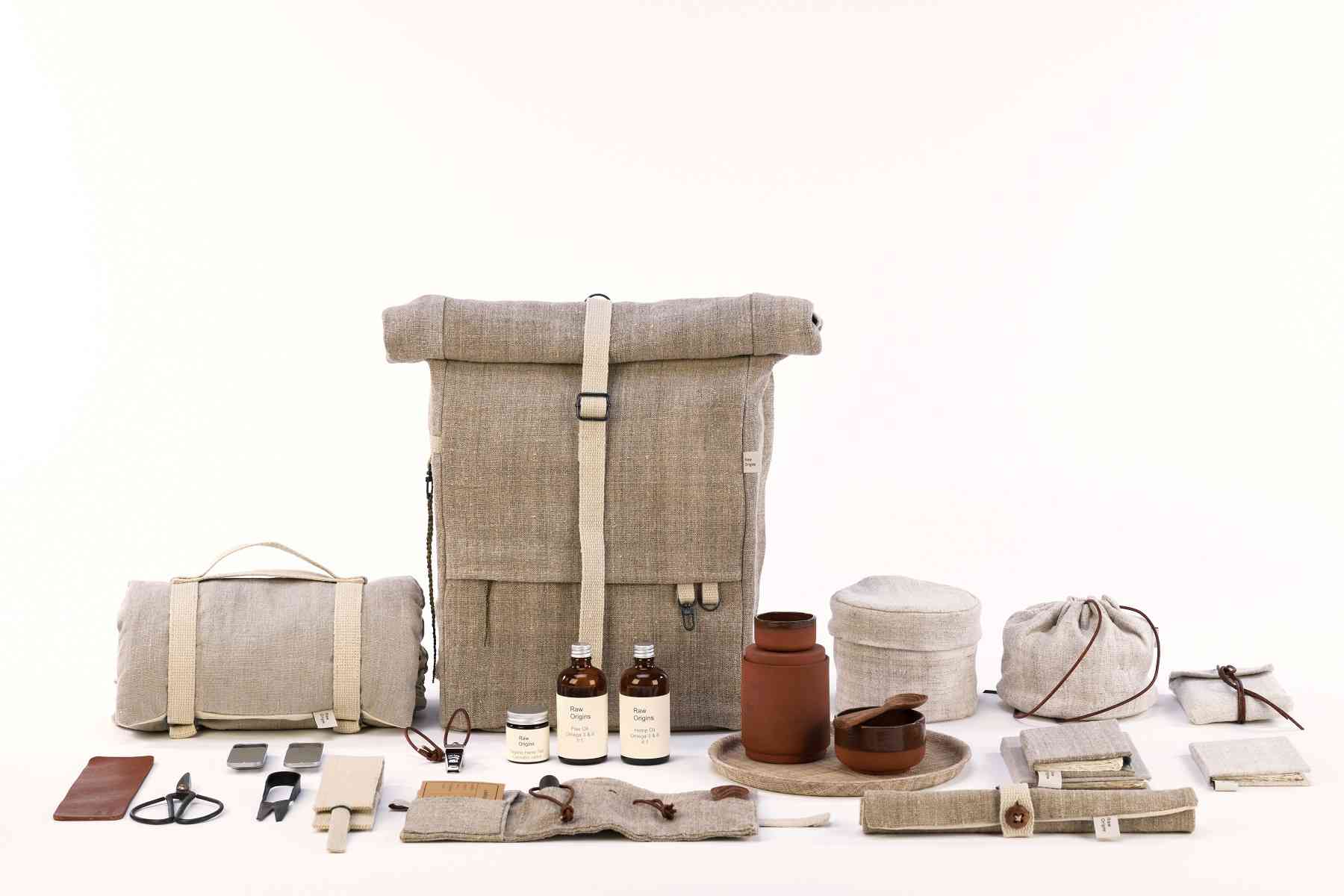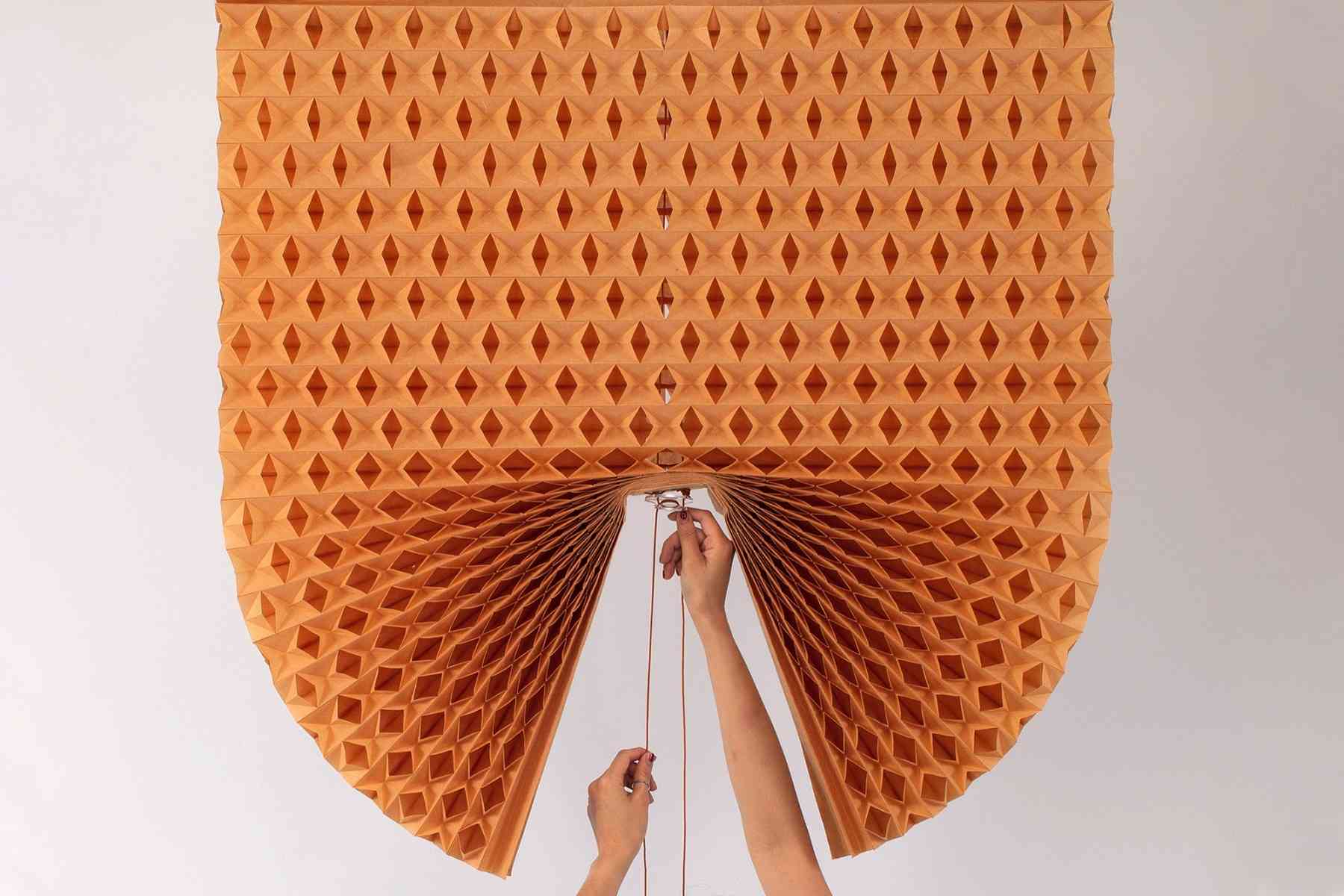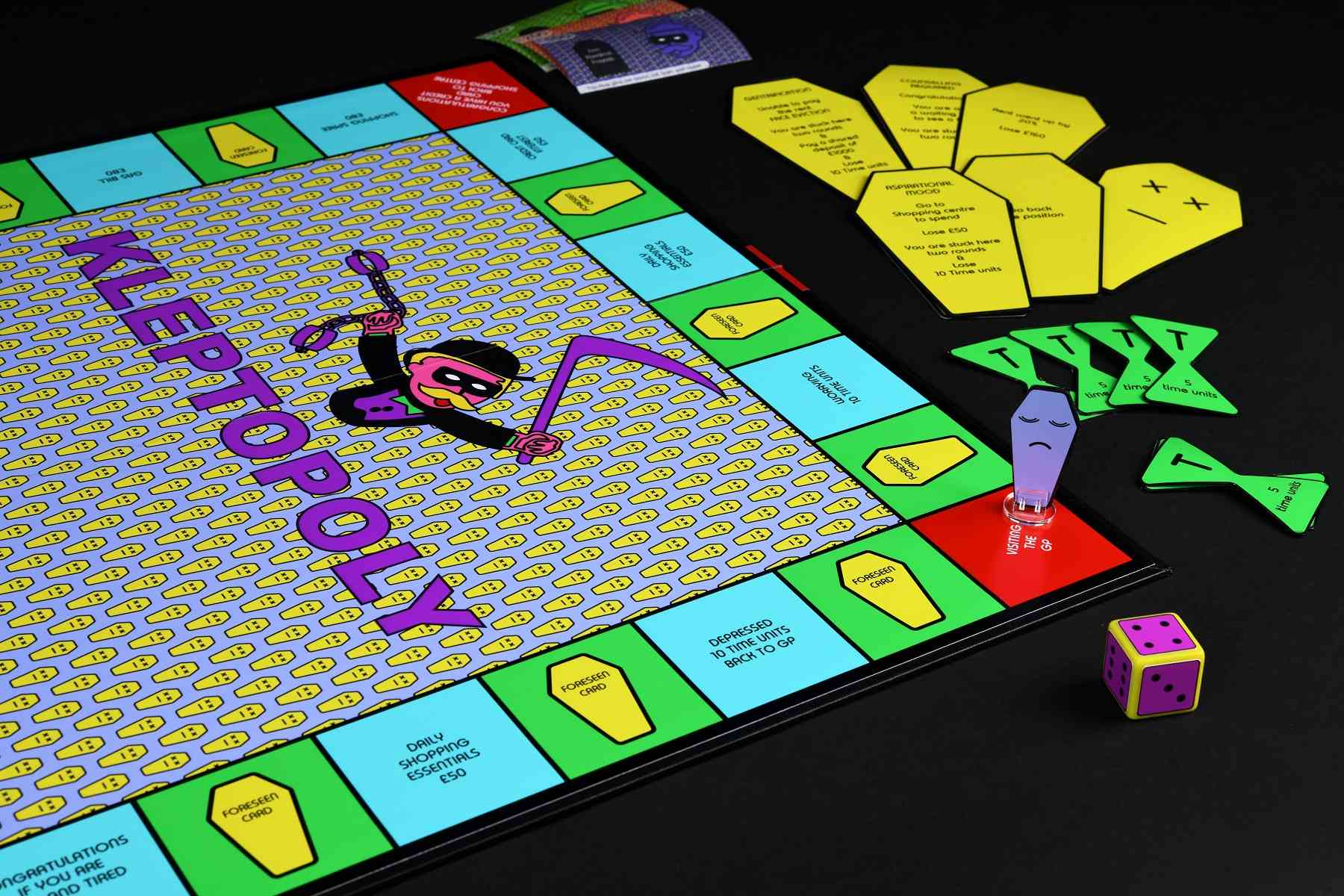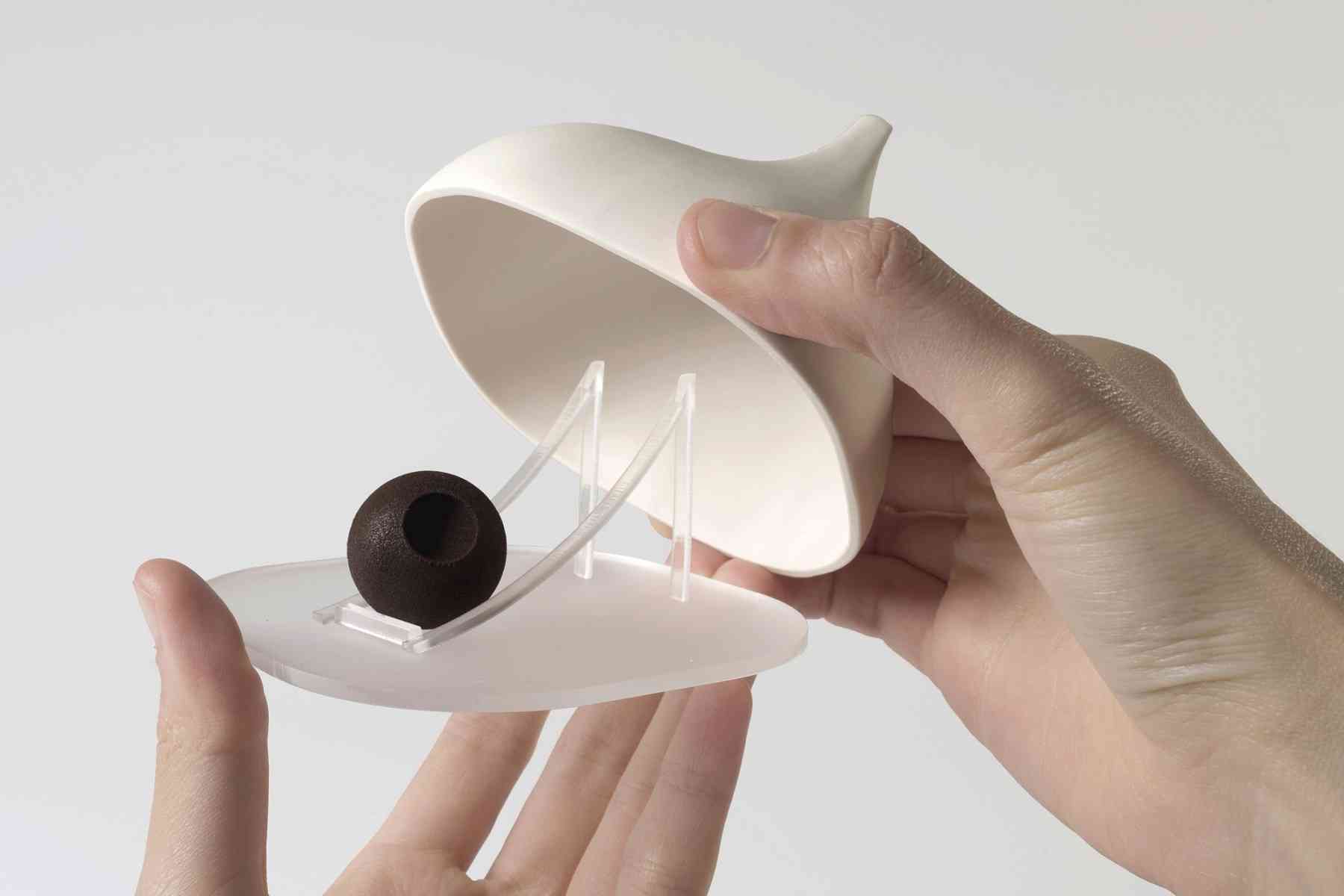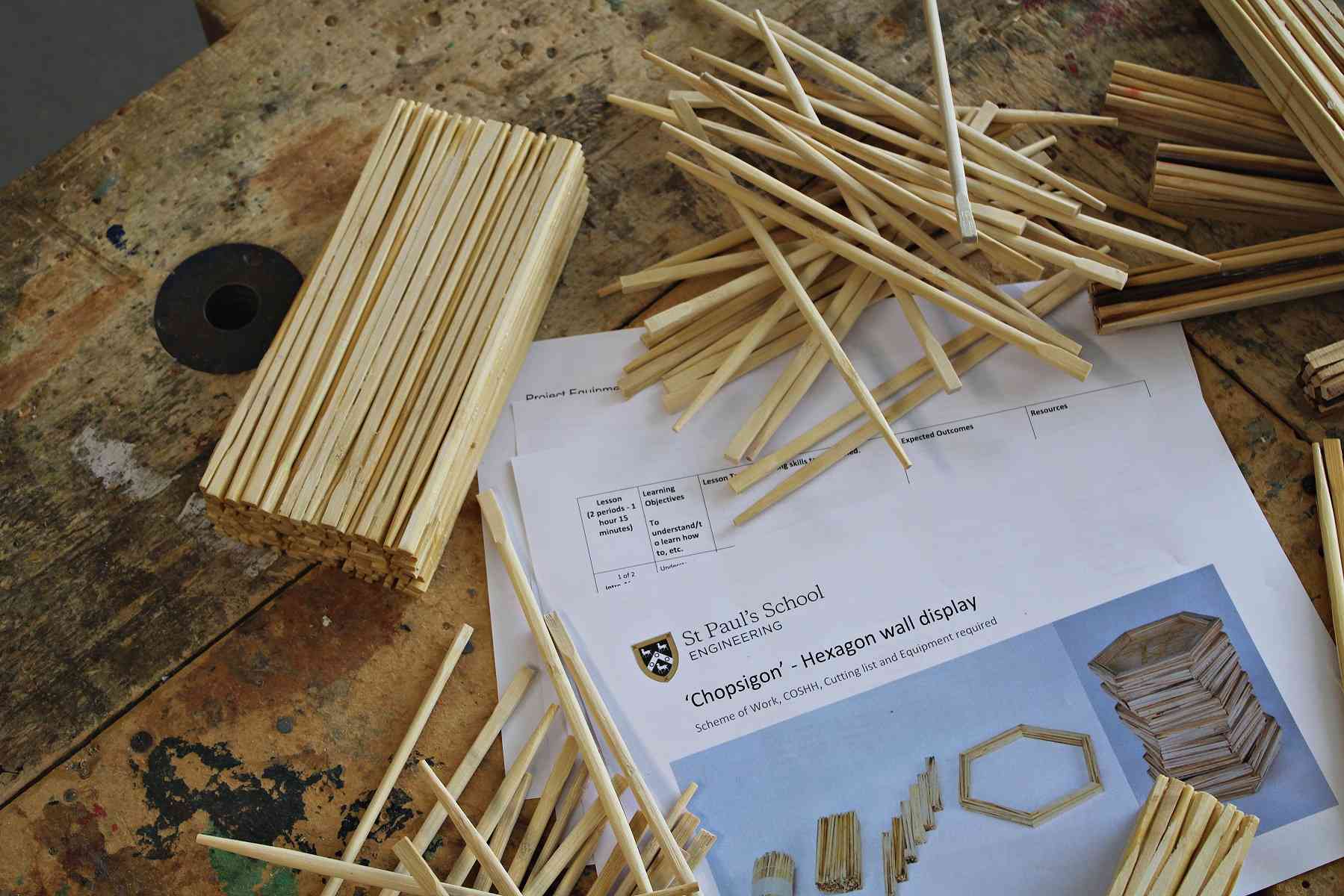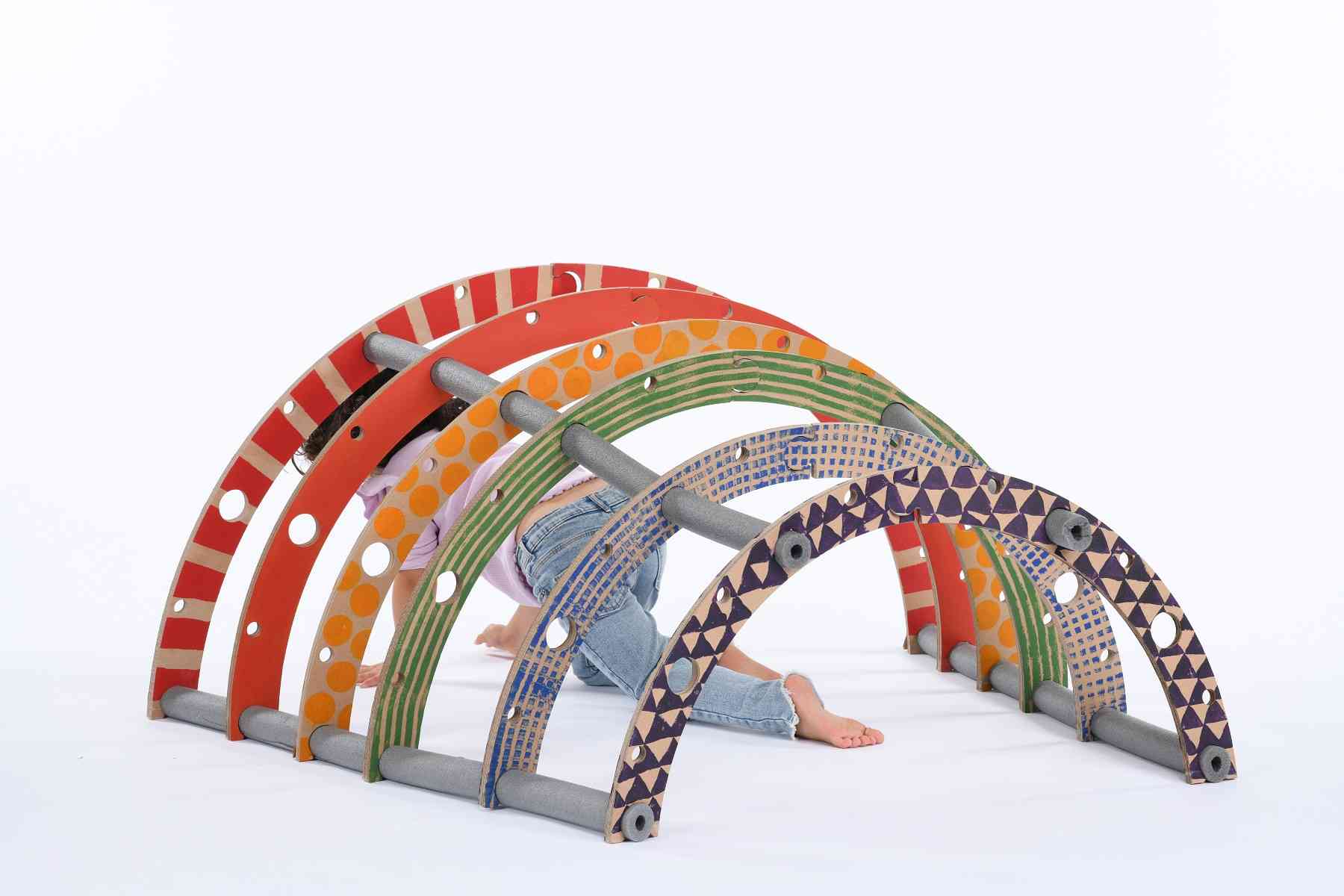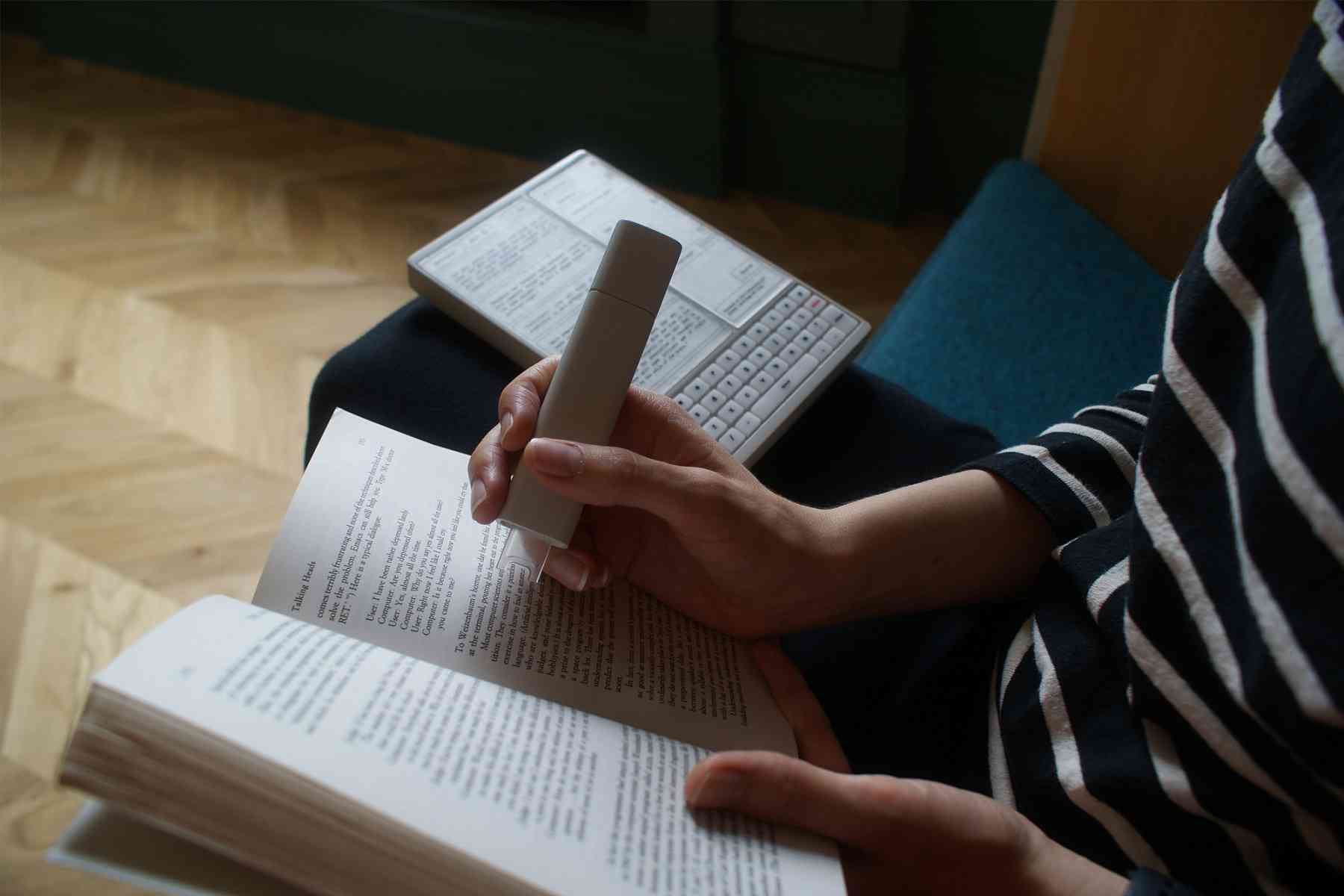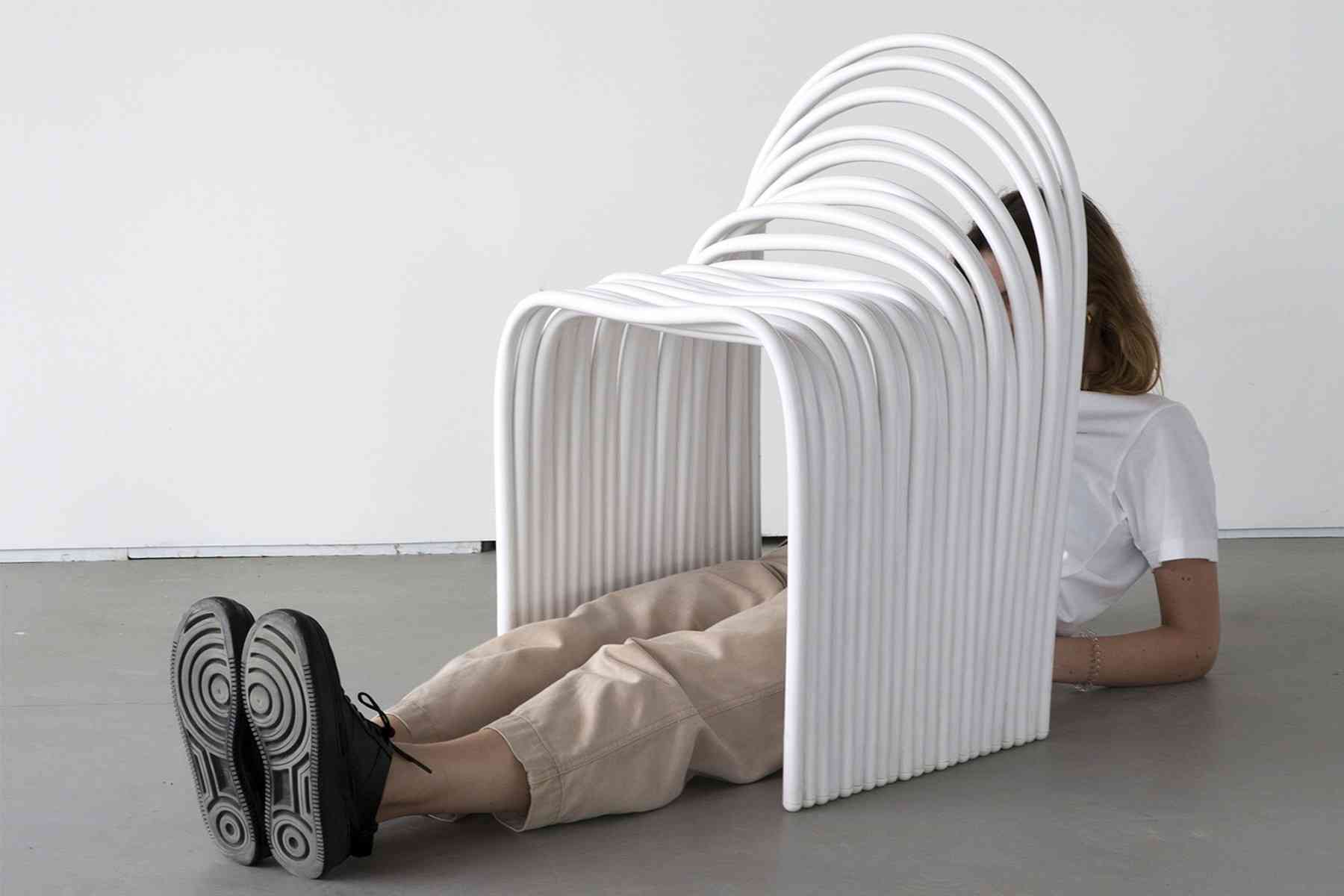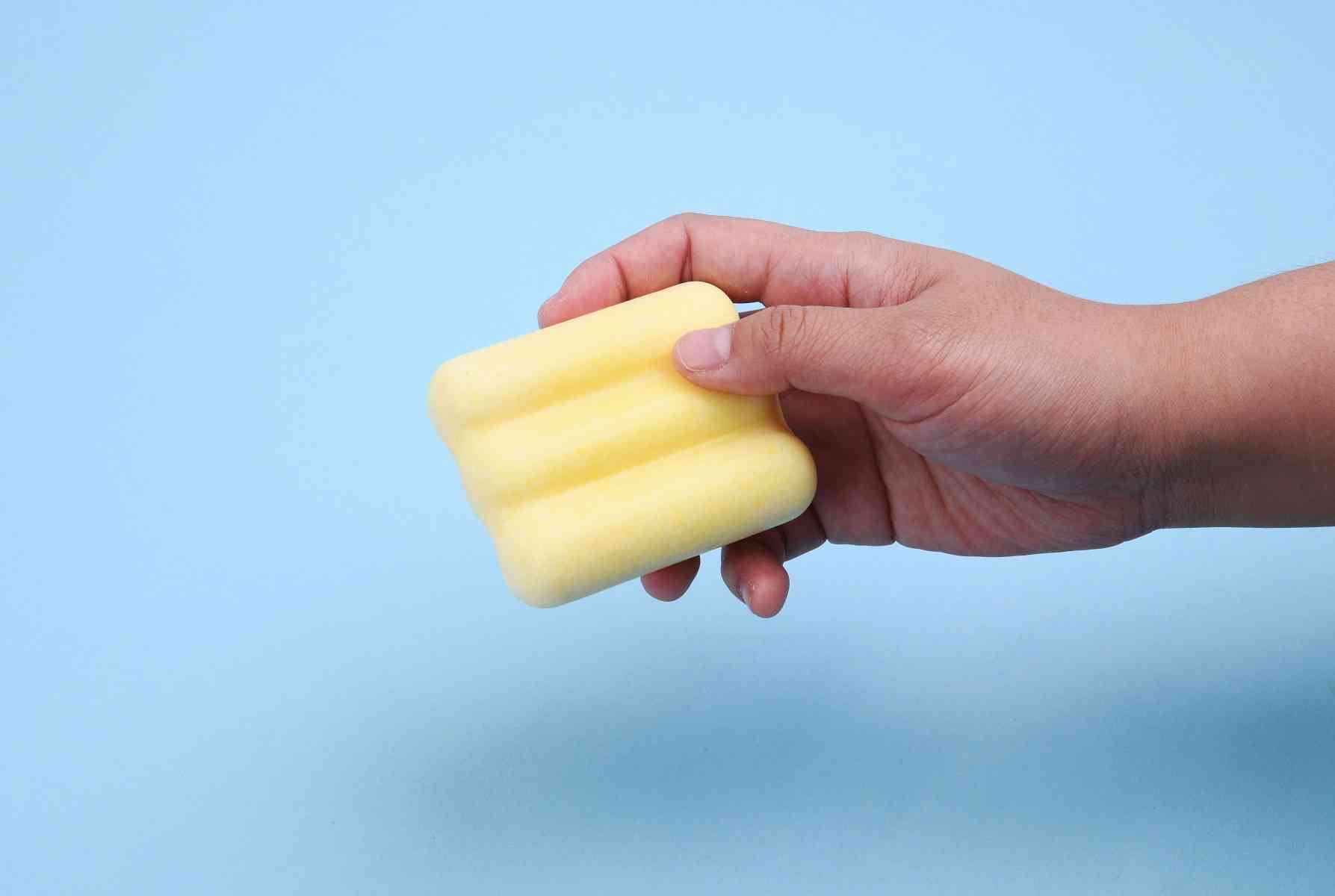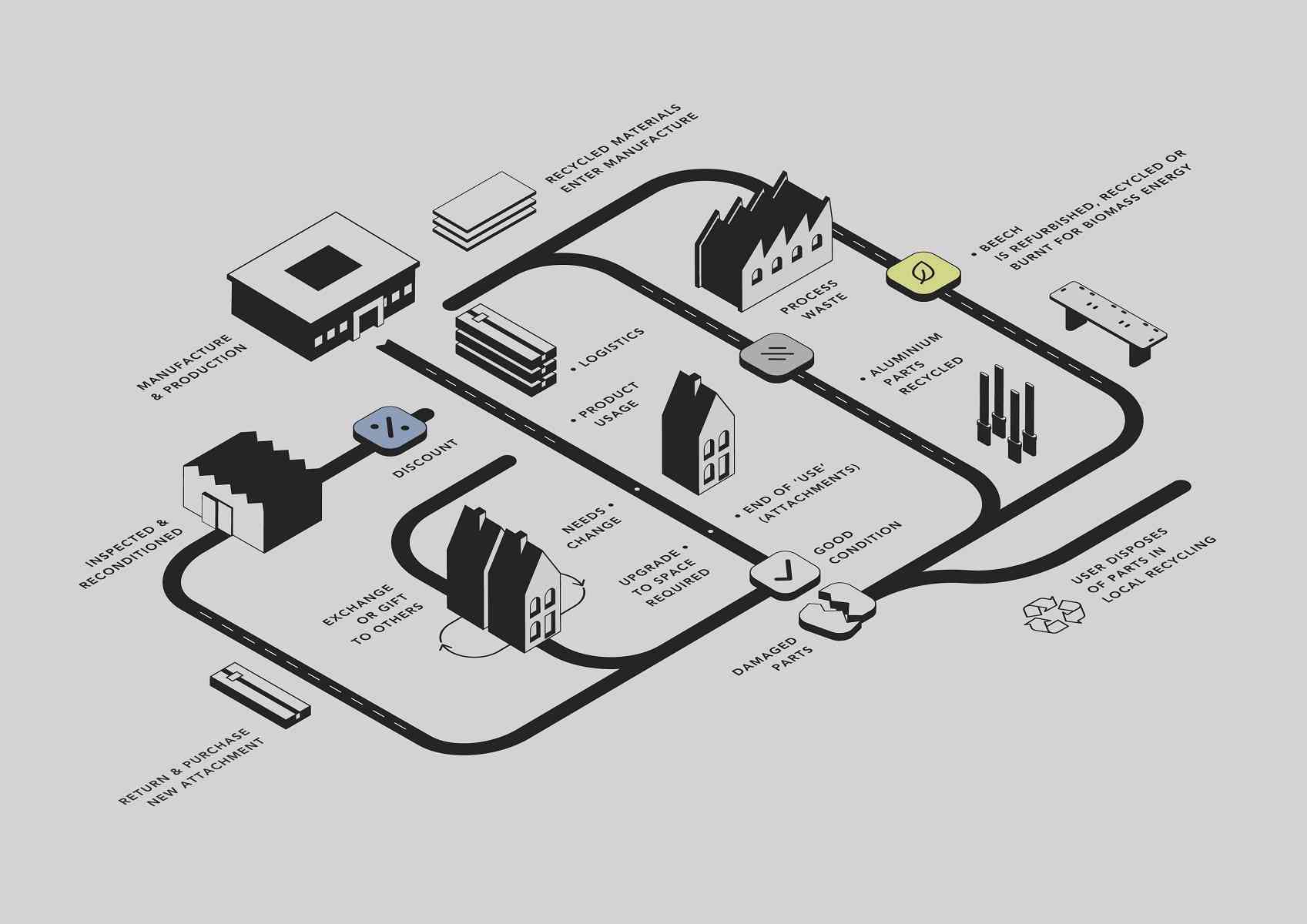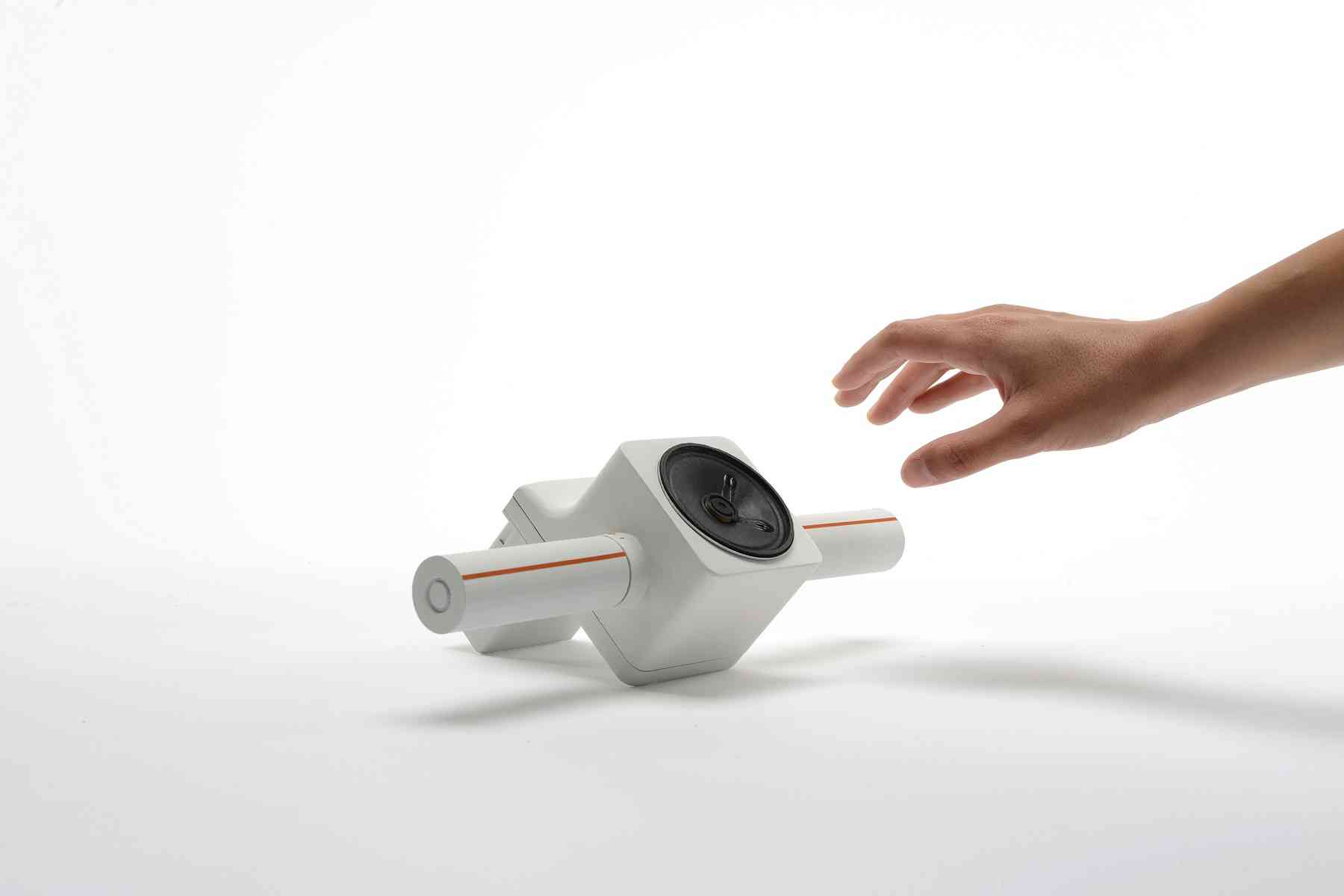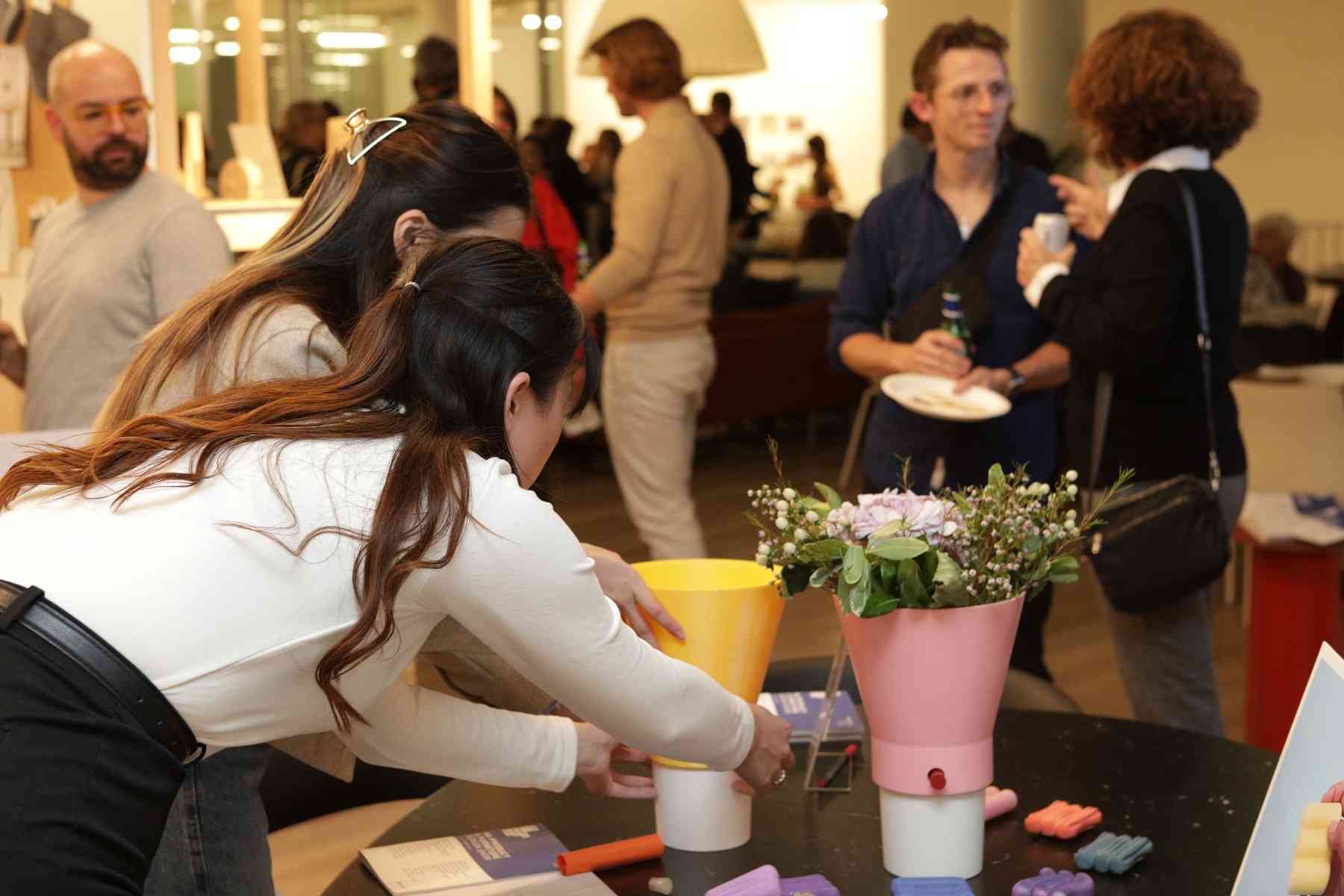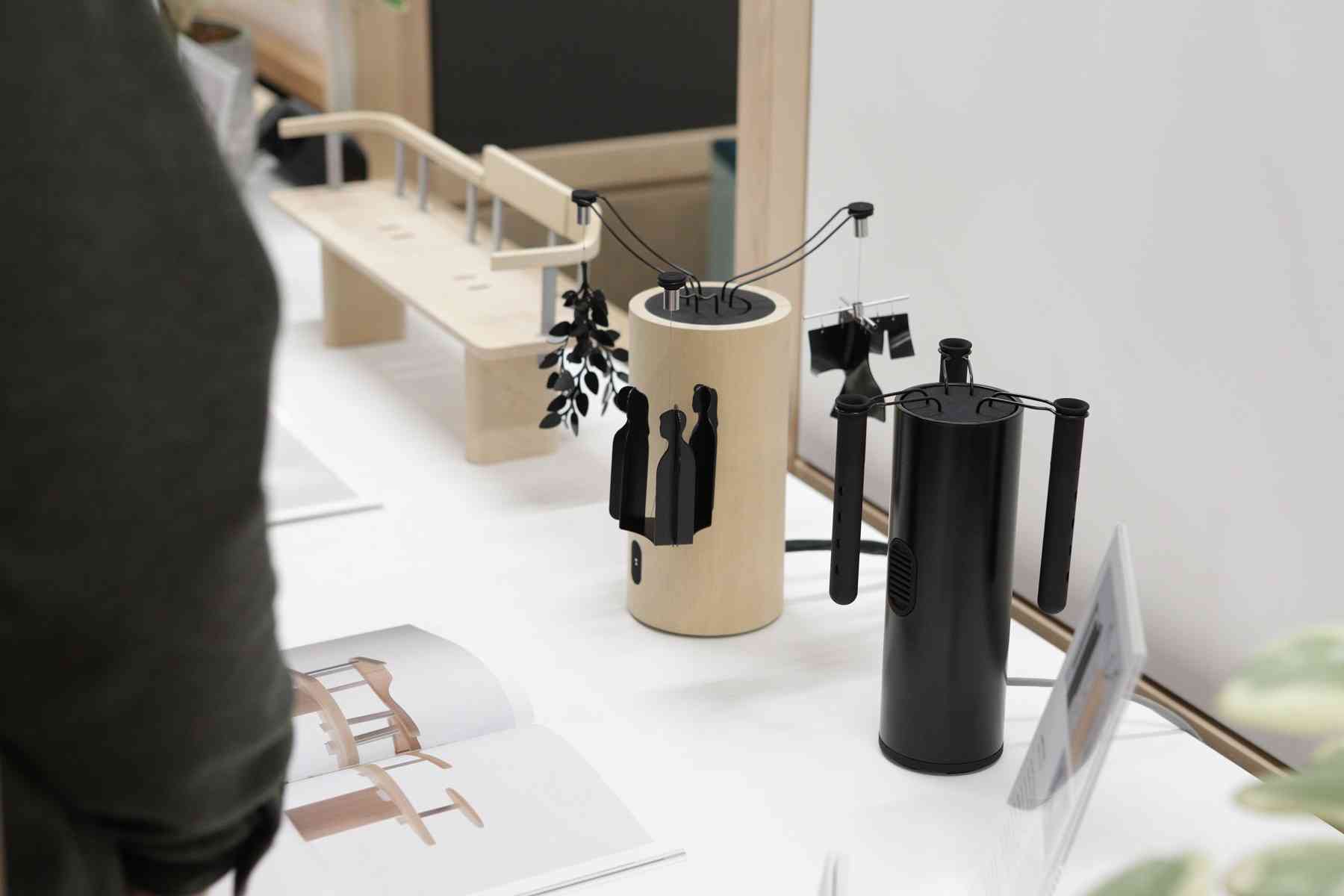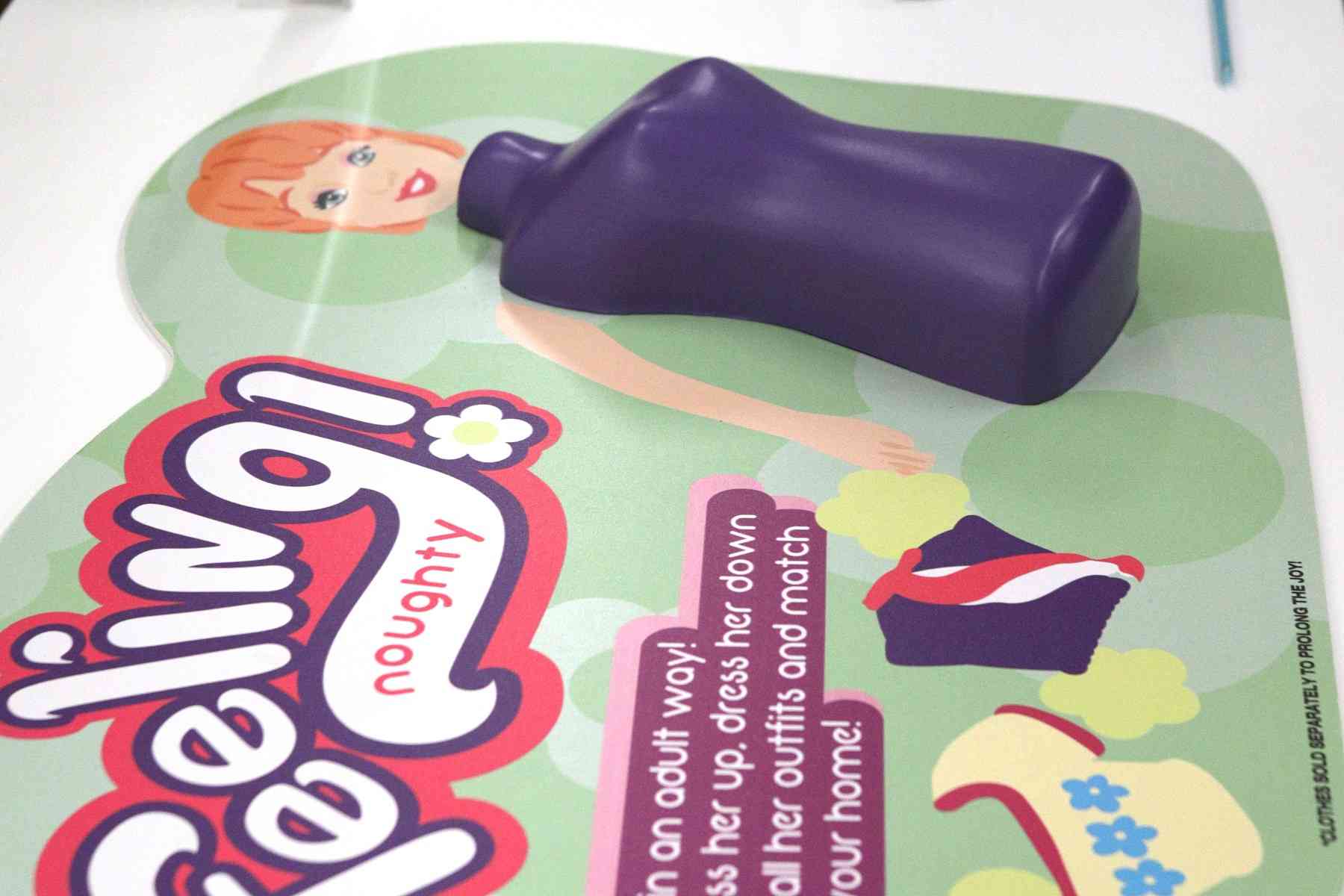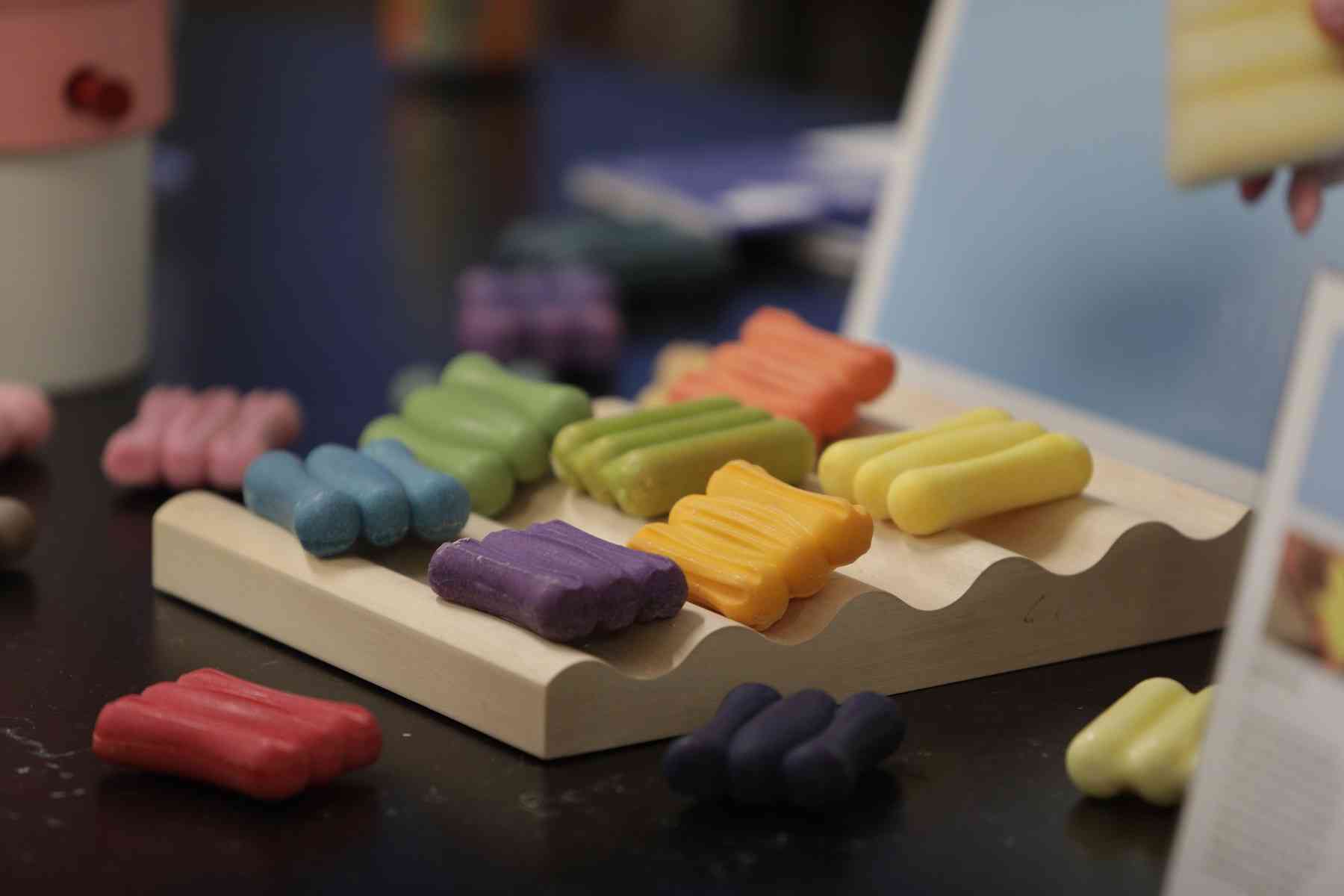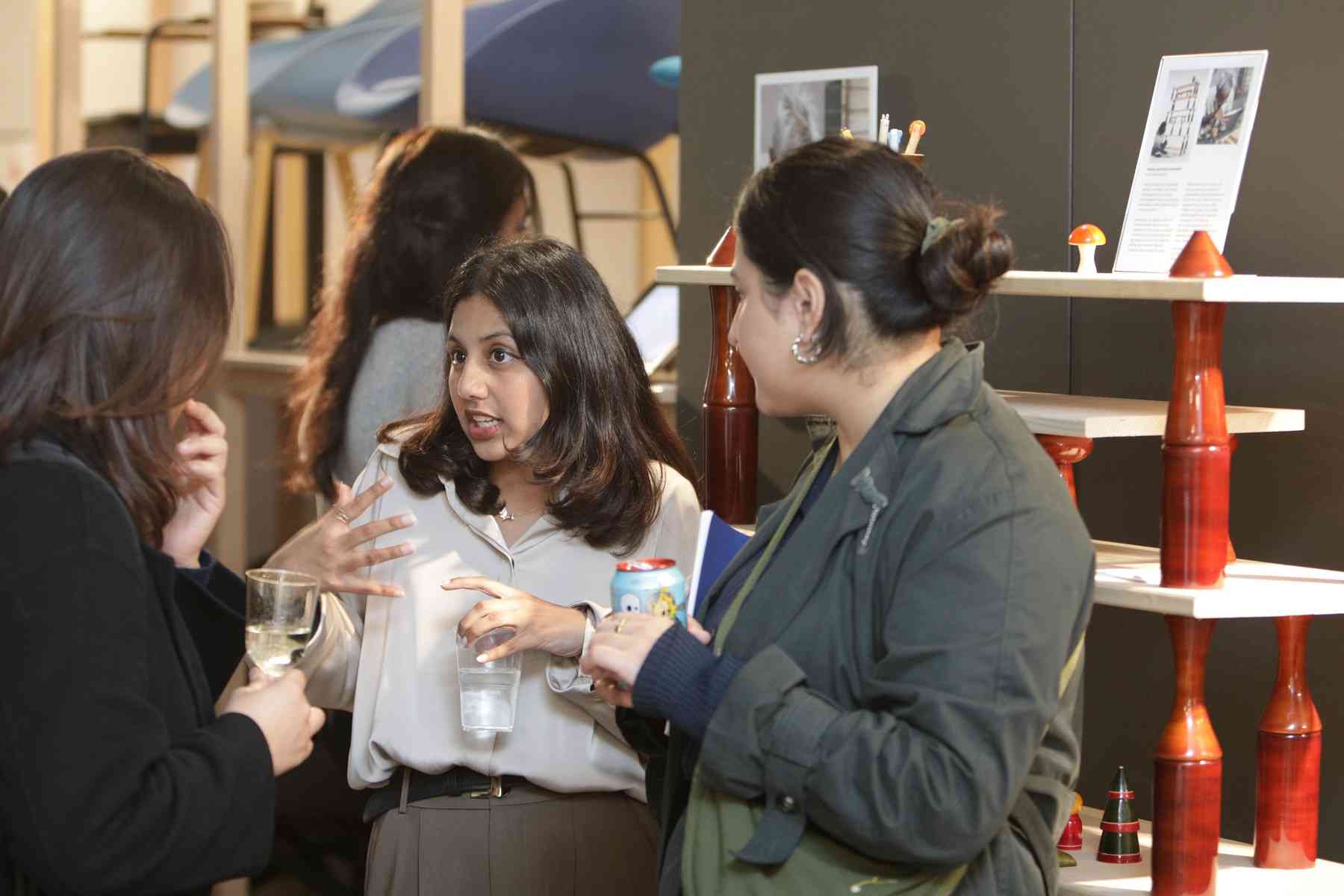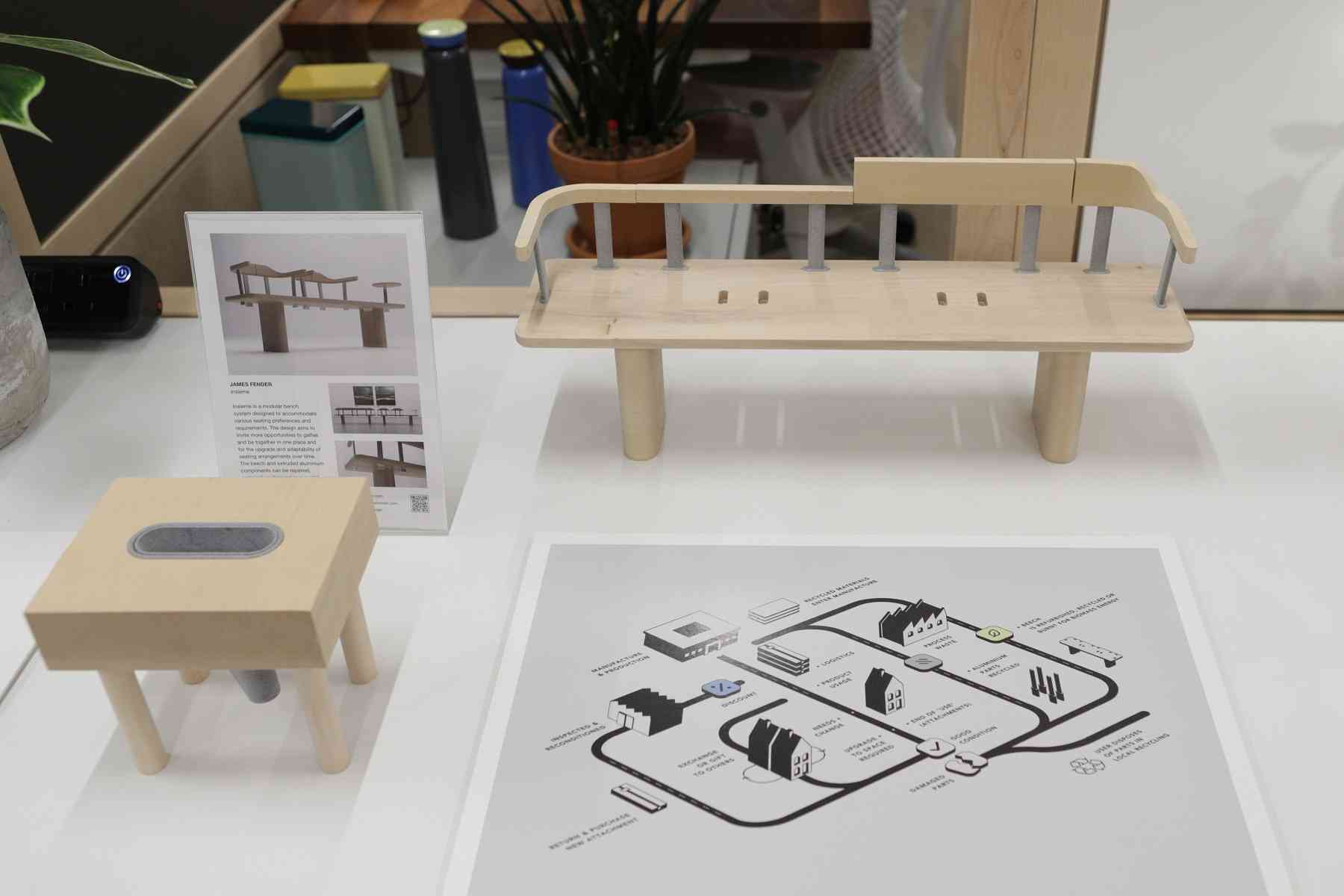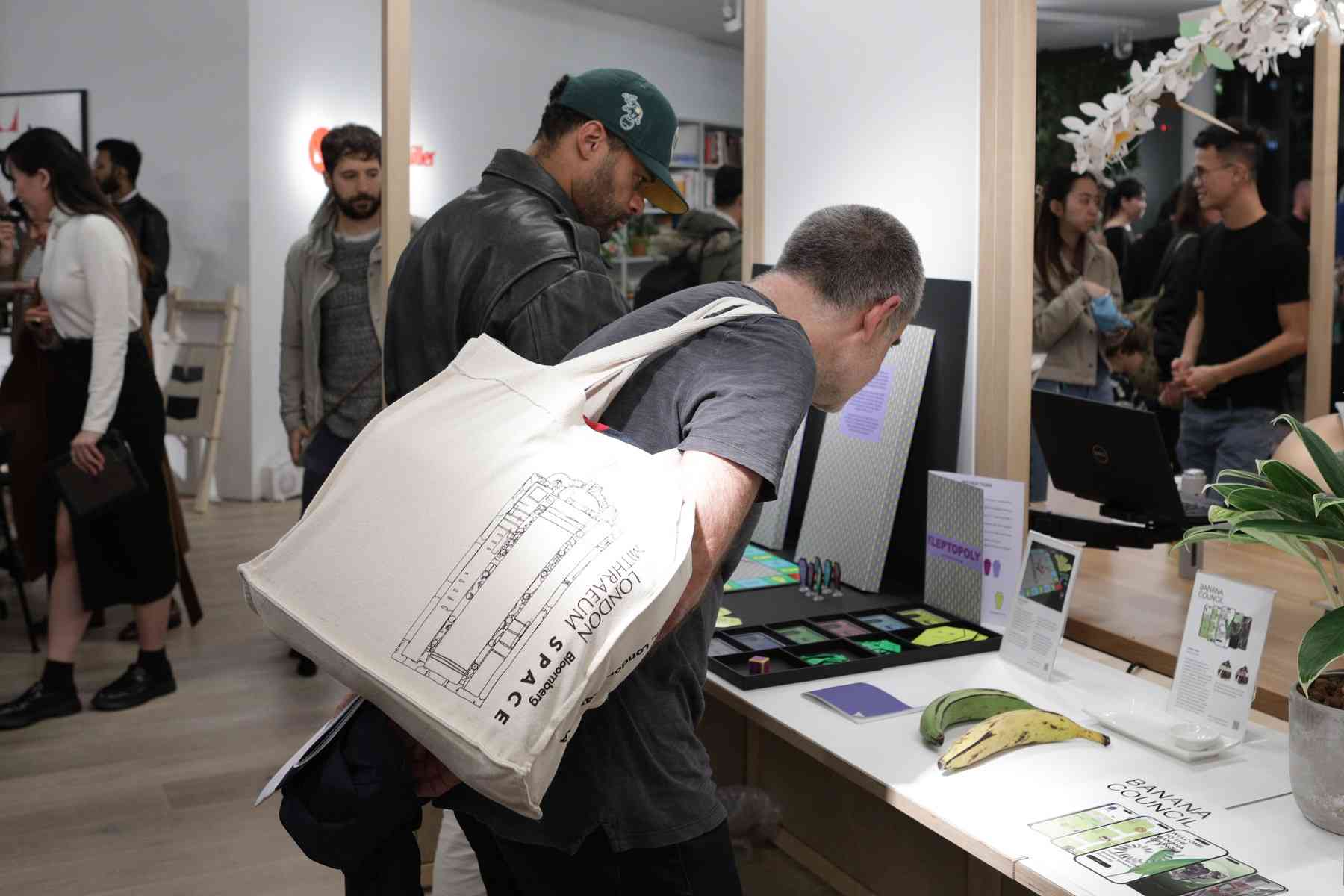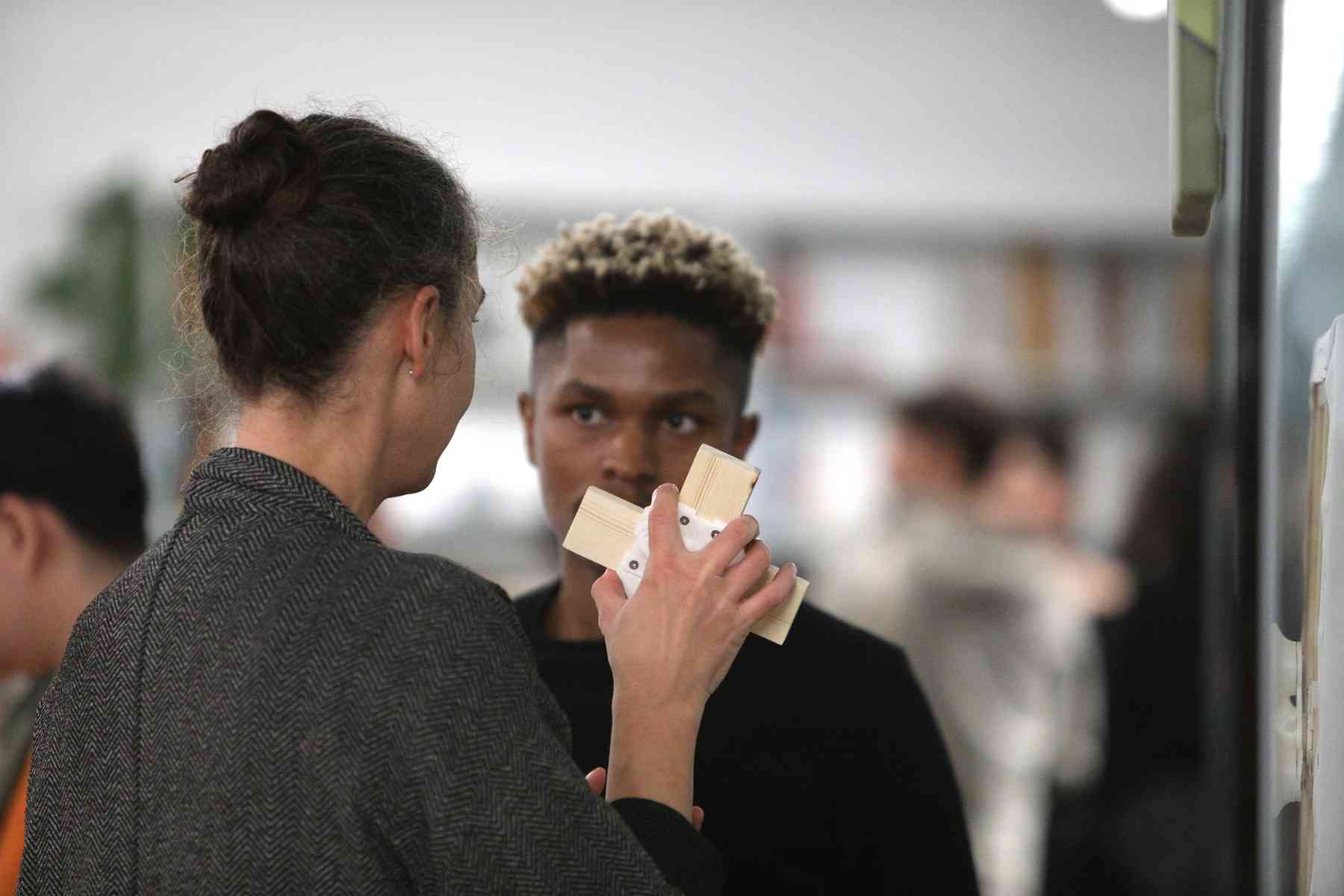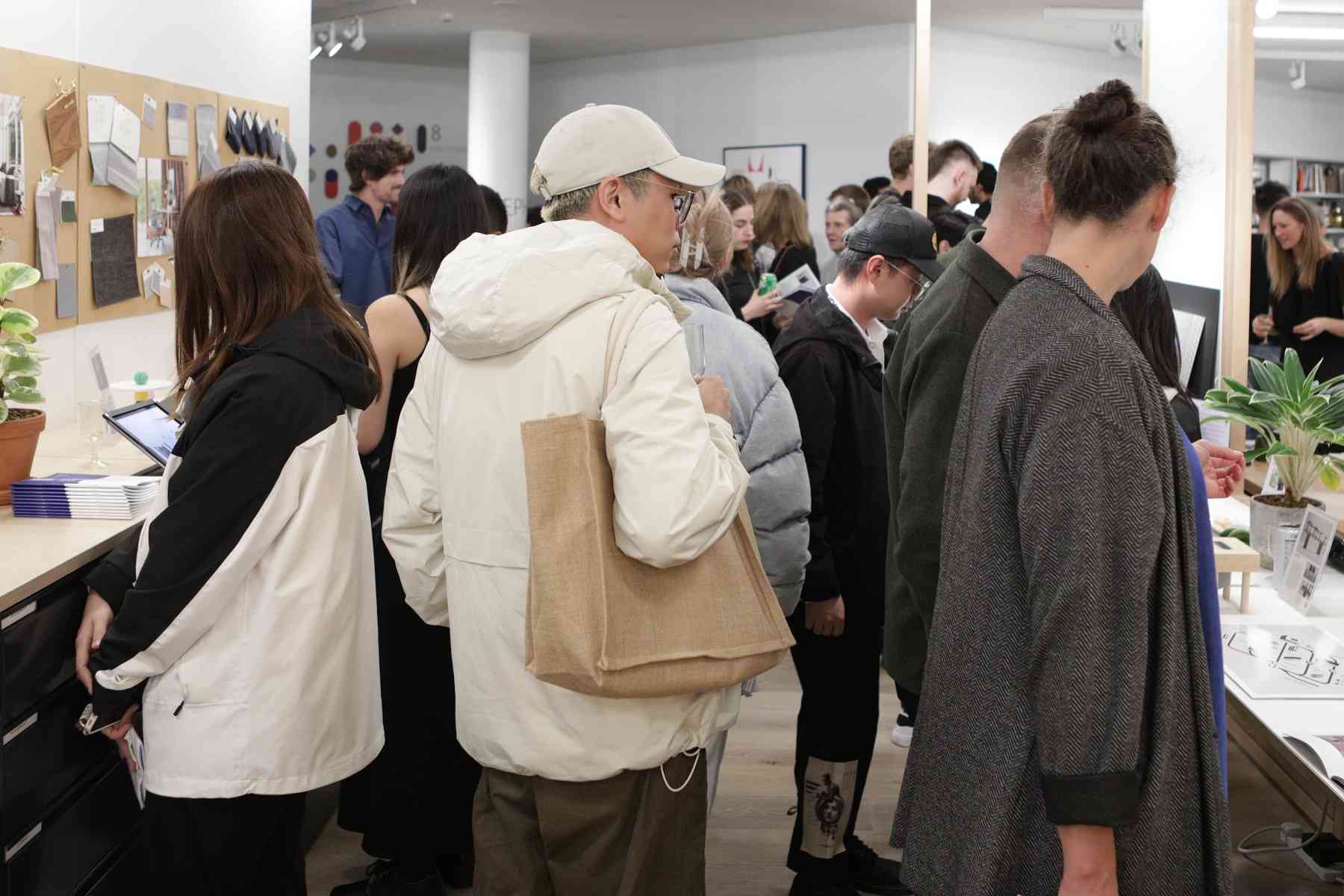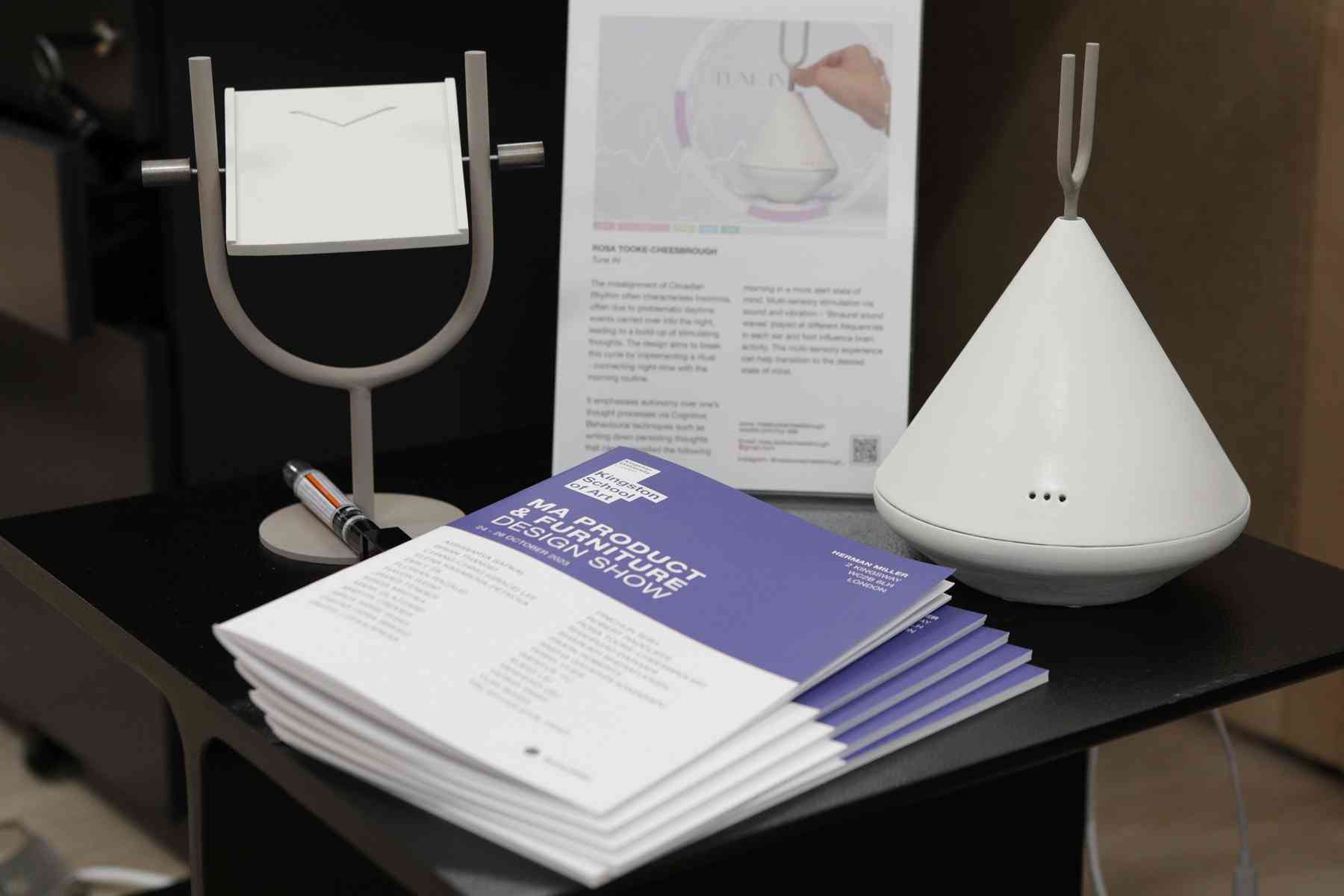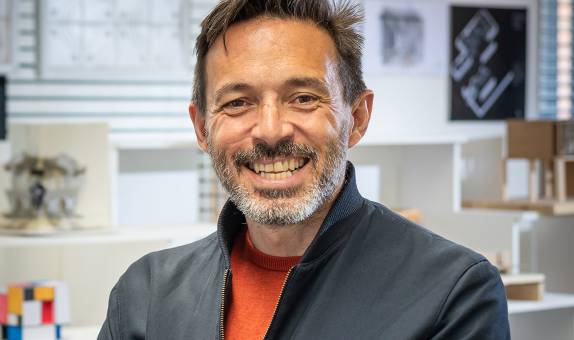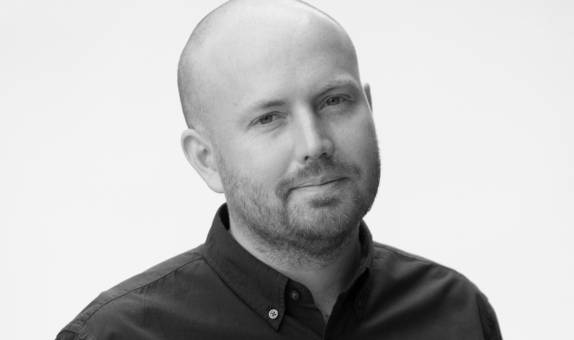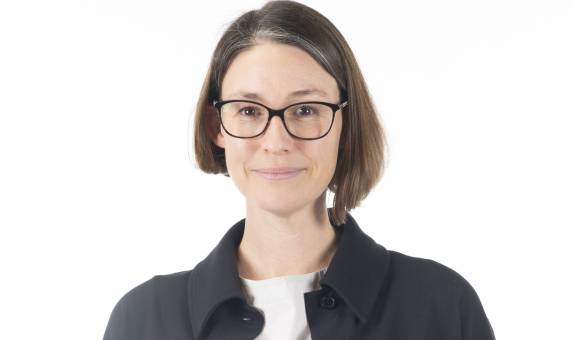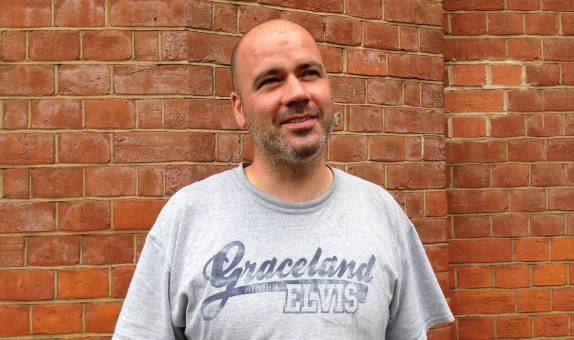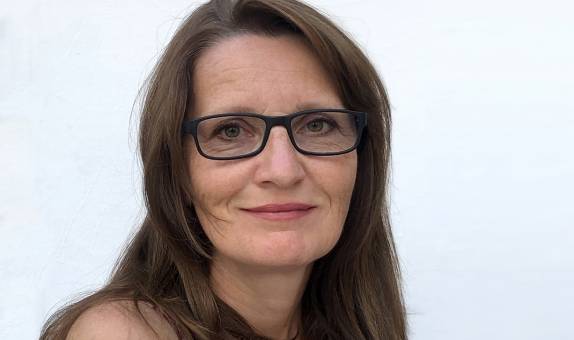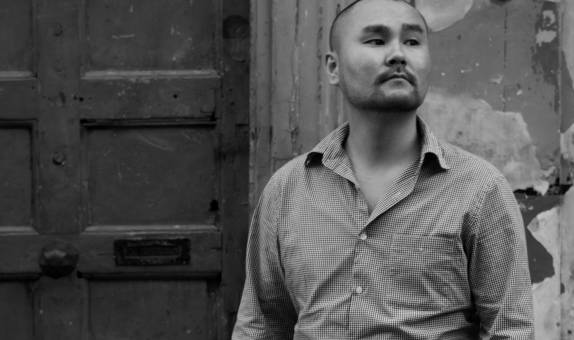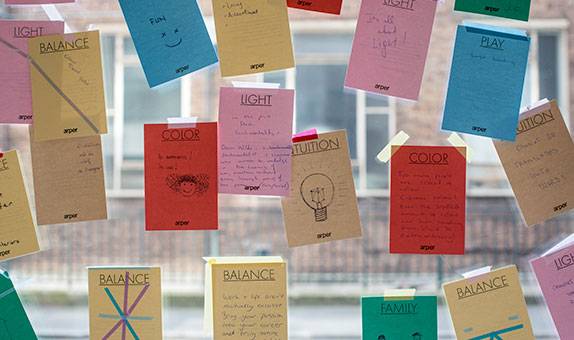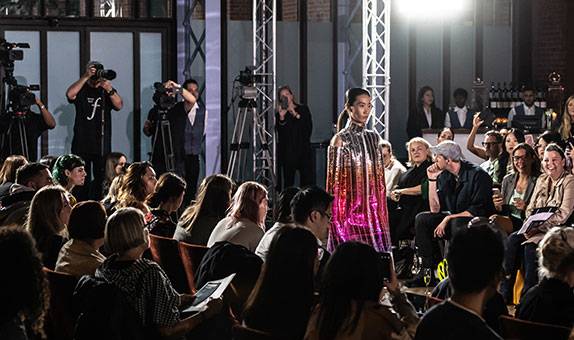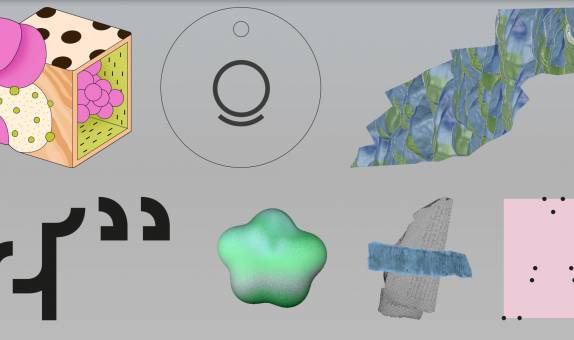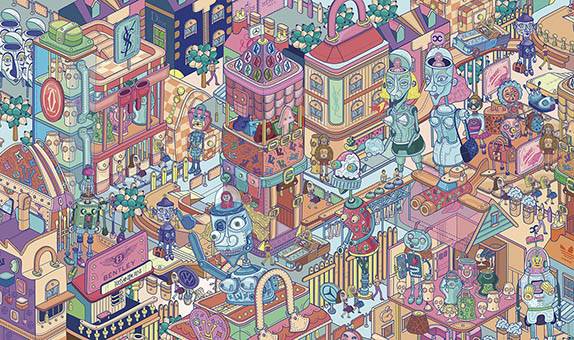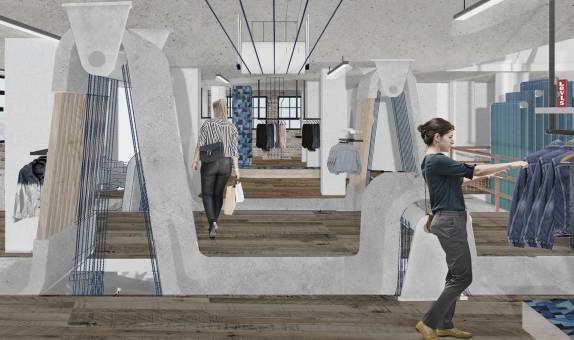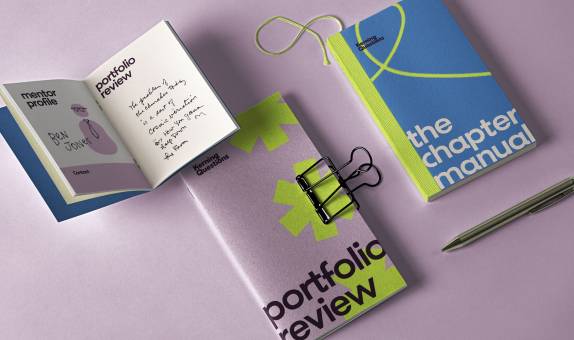Product & Furniture Design MA
Why choose this course?
The Product and Furniture Design MA course at Kingston School of Art seeks to challenge, expand, and progress definitions of design.
We welcome designers from varied disciplines who want to redefine the design and making of products and furniture.
We see conventional notions of product and furniture design as a starting point, not a limit, to our individual and collective output.
We are about the real and the imagined design, creating positive change for people, communities, spaces, and places.
We are interested in the making of design and who does it, the economies of design and who can access it, and how design responds to current and emerging needs and behaviours.
We ‘make' and ‘do' through a studio and workshop culture that is experimental and evolves both the theoretical and practical.
We collaborate with students from other courses in the Design School, brands, organisations, and manufacturers to address design challenges beyond the university. Previous project partners include IKEA, Camden Town Brewery, Magis, Travel Things Museum and Herman Miller.
The course concludes with an external London exhibition – attended by design professionals and the press.
See what we are up to on the Product & Furniture Design MA Instagram.
| Mode | Duration | Attendance | Start date |
|---|---|---|---|
| Full time | 1 year | 2 days a week | September 2025 |
| Full time | 2 years including professional placement | 2 days a week, plus placement year | September 2025 |
| Part time | 2 years | Contact the course leader for details | September 2025 |
| Main Location | Kingston School of Art, Knights Park |
Reasons to choose Kingston University
- This course is open to designers from varied backgrounds who want to challenge, expand and progress definitions of product and furniture design.
- You can benefit from expert tutors professional designers and specialist practitioners alongside field trips, workshops and talks, and opportunities for external collaboration.
- You can focus on product or furniture design for the real and imagined, creating positive change for people, communities, spaces and places.
The Art School Experience
As part of Kingston School of Art, students on this course benefit from joining a creative community where collaborative working and critical practice are encouraged.
Our workshops and studios are open to all disciplines, enabling students and staff to work together, share ideas and explore multi-disciplinary making.

Student work
You can see recent projects below and on the Product & Furniture Design Instagram.
What you will study
The course offers a hands-on approach to designing, including research techniques, participatory methods, experimental making, prototyping, and testing with intended audiences. You'll work in the studio and workshops on specific projects reflective of the modules comprising the course. Activities can include specialist lectures, workshop inductions, group and individual tutorials, seminars, and symposiums.
You'll be expected to think critically about product and furniture design and your developing practice, engaging with related theoretical and contextual studies. You'll be encouraged to bring your interests and experiences to the project briefs – to explore aspects of the product and furniture design discipline that resonate with you. You'll need to be self-directed, reflective, and practical in your approach, with direction and purpose. This course is part of the Design School's postgraduate programme. The structure, shared with students from other design courses, enables you to explore your specialist interests within an integrative learning environment that provides an understanding of the value and role of interdisciplinary methods and ways of working. The influences and impact of thinking from other related design subjects on your specialist study is an important aspect of the identity and the community of interdisciplinary practice at masters level in the Design School.
Modules
Optional placement year
The two shared modules of the Design School's postgraduate framework both commence with a symposium, in which high-profile external speakers present their work and contribute to a debate on a topic of relevance to all courses in the Framework.
Core modules
Designing Research
30 credits
The aim of the module is to give you an understanding of the design research tools and methods that are available to you, to inform and support the development of your practical study, and to provide the basis of your further study on your course. Practical research methods are explored, with an emphasis on the development of creative and evidence-based approaches to experimentation, and critical reflection on practical design work.
Creative Futures
30 credits
This module is based on the assumption that the best jobs/careers in the creative industries do not exist – they are invented from individual creative ambitions. The module explores how this can be approached in practical terms. The programme of study encourages you to develop a personal and critical approach to your future career, and how this can inform the development of your individual major project for the Major Project.
Creative Practice 1: Design Thinking & Making
30 credits
This module provides a dedicated product and furniture design study opportunity. It occurs in Teaching Block 1. Students are offered a number of optional and compulsory briefs engaging both practical and theoretical design faculties.
Briefs are open to individual interpretation, designed to promote creative independence and establish the benchmark of Level 7 critical expectation at the outset of the student experience.
The briefs encourage engagement with a number of key principles and processes that students need to develop to prepare them for a capstone project later in their studies.
Critical Practice
30 credits
This Teaching Block 2 module extends and builds directly upon the dedicated product and furniture design study experience of Teaching Block 1. It runs in parallel with the Creative Futures module DE7301 on the full time mode and exercises independent, focused practical design research to underpin the Major Project proposal undertaken within DE7301.
The module aims to prepare students to begin realisation of their Major (capstone) Project upon completion. Students take responsibility for either continuing to develop their thematic practical design enquiries already established in Context I, refining and editing material and developing new research and study as necessary, or embarking upon new self-initiated enquiries.
The module consolidates the role of practical design experimentation as a key element of the design research process and helps establish credibility for progression on to the Major Project. Students should become increasingly confident about moving into realms of uncertainty and exploring unfamiliar design territory, taking risks and articulating personal viewpoint. They are encouraged to explore and use industry networks and contacts outside the Faculty to expand their knowledge and outlook, further lending their study rigour and credibility.
The Major Project
60 credits
The Major Project – the capstone project – consolidates the knowledge gained in earlier modules, and is informed by your prior learning within the Design School's postgraduate interdisciplinary framework and course-specific specialist study. You will extend your work on the course thus far in the form of a practical design proposal, defining and developing a substantive solution to an individually defined design-related problem. In so doing, you will demonstrate advanced understanding and application of contemporary design practice.
Many postgraduate courses at Kingston University allow students to do a 12-month work placement as part of their course. The responsibility for finding the work placement is with the student; we cannot guarantee the work placement, just the opportunity to undertake it. As the work placement is an assessed part of the course, it is covered by a student's Student Route visa.
Find out more about the postgraduate work placement scheme.
Optional modules
Professional Placement
120 credits
The Professional Placement module is a core module for those students following a masters programme that incorporates professional placement learning, following completion of 120 credits. It provides you with the opportunity to apply your knowledge and skills to an appropriate working environment, and to develop and enhance key employability skills and subject-specific professional skills in your chosen subject. You may wish to use the placement experience as a platform for your subsequent major project module, and would be expected to use it to help inform your decisions about future careers.
External exhibition
You can see images below from the Product & Furniture Design MA external exhibition held in 2023 at Herman Miller, London and on the Product & Furniture Design MA Instagram.
Entry requirements
Teaching and assessment
Assessment will be made at the completion of each module. Module marks are added to achieve a total final mark. Assessment will be made through practical design projects, presentations, main masters project and exhibition.
Who teaches this course?
You will be taught by leading academics and practitioners in product design, furniture design, social design, strategic design, innovation design and related topics. Our excellent reputation means that industry leaders regularly visit our students' shows to see the best of the new talent.
This course is delivered by Kingston School of Art, which has its roots in the studio-based approach of Britain's art school system (the original School of Art was founded in the 1890s). Today, for most courses, learning still takes place in specialist studios, each subject area with its own fully-equipped studio, where you take part in classes, tutorials and critical reviews with fellow students. This strong studio culture also ensures regular interaction between students and tutors. Activities can include seminars, tutorials, workshops and lectures, alongside visits to museums, galleries, design consultancies, start-ups, social enterprises, government organisations and other creative professional environments.
Our students are encouraged to engage in external collaboration and the opportunities presented by London and its status as one of the most important centres for the creative industries. Our industry connections mean we provide unique study opportunities, such as:
- the chance to have your work seen by eminent members of your profession
- 'live' projects, site visits and placements in prestigious companies or institutions
- project work and workshops with visiting lecturers and industry specialists.
Postgraduate students may also contribute to the teaching of seminars under the supervision of the module leader.
Facilities
There is a wide range of facilities at our Knights Park campus, where this course is based. Kingston School of Art has recently completed an ambitious programme of investment, making significant improvements to our workshops and other resources, to ensure that students are exposed to as many creative pathways as possible. The workshops and studios at Knights Park are open for creative exploration and allow opportunities for students and staff to collaborate on projects and share ideas, whether they are studying or researching. There are many adaptable studio and workshop spaces, active breakout spaces and stronger vertical and horizontal connections.
Our ground-breaking facilities include the following:
- 3D workshop, with ceramics, concrete, resin-casting, plastics, metalwork, woodwork and a bronze-casting foundry, as well as a Big Build space for Architecture, set design and large scale model making
- Animation and post production studios
- Digital Media workshop
- Fashion (knitting and sewing workshops), with digital and analogue facilities, plus a working dress archive which includes pieces from 1750 to the present day
- HackSpace (for collaborative, creative, solutions-focussed projects)
- Letterpress and printmaking workshop, with digital and analogue facilities, to experiment creatively
- Moving Image workshop, with studios, editing suite, and industry-standard equipment
- Photography workshop, including studios, colour, and black and white darkrooms, processing facilities
All our facilities are open access, meaning you can use them whenever you want, irrespective of what degree you're studying.
The University also has its own on-site galleries, including:
- Dorich House - the former studio home of the sculptor Dora Gordine and her husband the Hon. Richard Hare, a scholar of Russian art and literature. Now Grade II listed, the building was completed in 1936, to Gordine's design, and is an exceptional example of a modern studio house created by and for a female artist.
- Stanley Picker Gallery - one of the leading examples of a university gallery in the UK. Its public activities are dedicated to the research, commissioning and presentation of innovative new practice across the fields of art, design and architecture for general, academic and specialist audiences.
- project spaces at Knights Park campus, which you can book for the exhibition of large-scale work.
Resources in London
From Kingston, it's just a 30-minute train journey to central London, where you can access world-famous museums and galleries, design consultancies, start-ups, social enterprises, government organisations and other creative professional environments.
Fees for this course
Additional costs
Depending on the programme of study, there may be extra costs that are not covered by tuition fees which students will need to consider when planning their studies. Tuition fees cover the cost of your teaching, assessment and operating University facilities such as the library, access to shared IT equipment and other support services. Accommodation and living costs are not included in our fees. Where a course has additional expenses, we make every effort to highlight them. These may include optional field trips, materials (e.g. art, design, engineering), security checks such as DBS, uniforms, specialist clothing or professional memberships.
After you graduate
Graduates work in product design, furniture design, social design, circular design, biophilic design, strategic design, CMF design, in-house and at design consultancies, start-ups, social enterprises, government organisations, as well as launching their own companies.
Employers of recent Product & Furniture Design MA graduates include, Asus, Bill Amberg, Cassina, CircleSquare, the Design Museum, FINH, Glithero, Goldfinch, Ice Breaker, Lenovo, Made, New Territory, Notpla, Pentatonic, and Surrey County Council.
A number of graduates have progressed to PhD study at universities including Kingston and Newcastle.
Links with business and industry
The Product & Furniture Design MA course collaborates with brands, organisations, and manufacturers to address design challenges beyond the university. Previous project partners include IKEA, Camden Town Brewery, Magis, and Herman Miller. Opportunity is provided to share design outputs at an external London exhibition, attended by design professionals and the press.
You'll benefit from:
- Modules that introduce you to contemporary design practitioners and create opportunities for building contacts within the industry.
- Where appropriate we link projects with manufacturing industry, commercial brands, or organisations to maximise your learning experience and create further opportunities for you to build contacts for your future careers.
- Many staff members are professional designers, which keeps your learning innovative and allows you to benefit from their many years of experience.
Research in the Design Research Centre
The Design Research Centre provides a creative environment for researchers engaging with the cultural, environmental and presentational contexts of design practice in its widest sense. Research in this diverse area is developed through five interrelated areas:
- Curating the contemporary - focusing on new initiatives and perspectives on curating, including the interface between design, craft and fine art
- Design innovation - focusing on the presentational contexts of contemporary design practice
- Design for environments - including design for wellbeing, health and micro-environments, as well as spatial, aesthetic and critical enquiries into building typologies and cultural analysis of urban and leisure environments
- Design for screen - focusing on interdisciplinary and practice-based enquiries into screen-based media
- Sustainability - multidisciplinary design research into issues of environmental protection and social justice.
Course changes and regulations
The information on this page reflects the currently intended course structure and module details. To improve your student experience and the quality of your degree, we may review and change the material information of this course. Course changes explained.
Programme Specifications for the course are published ahead of each academic year.
Regulations governing this course can be found on our website.
